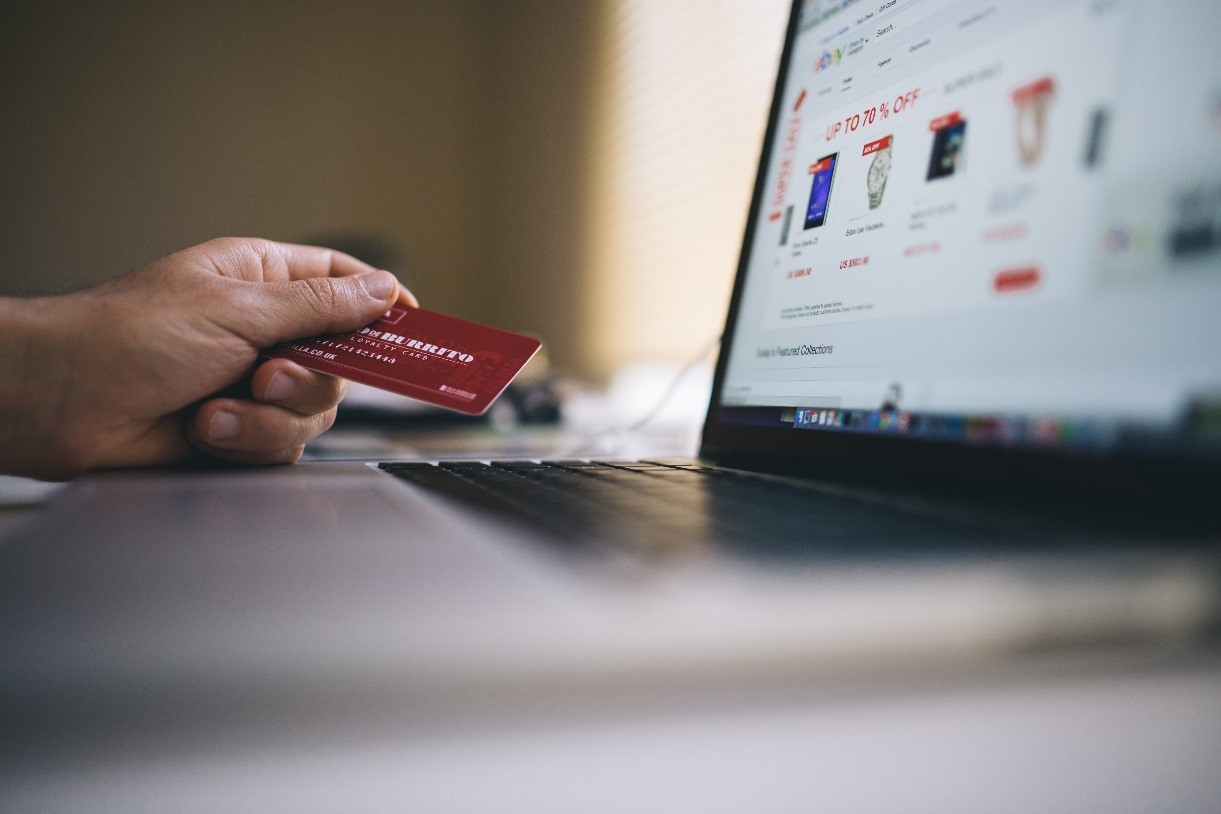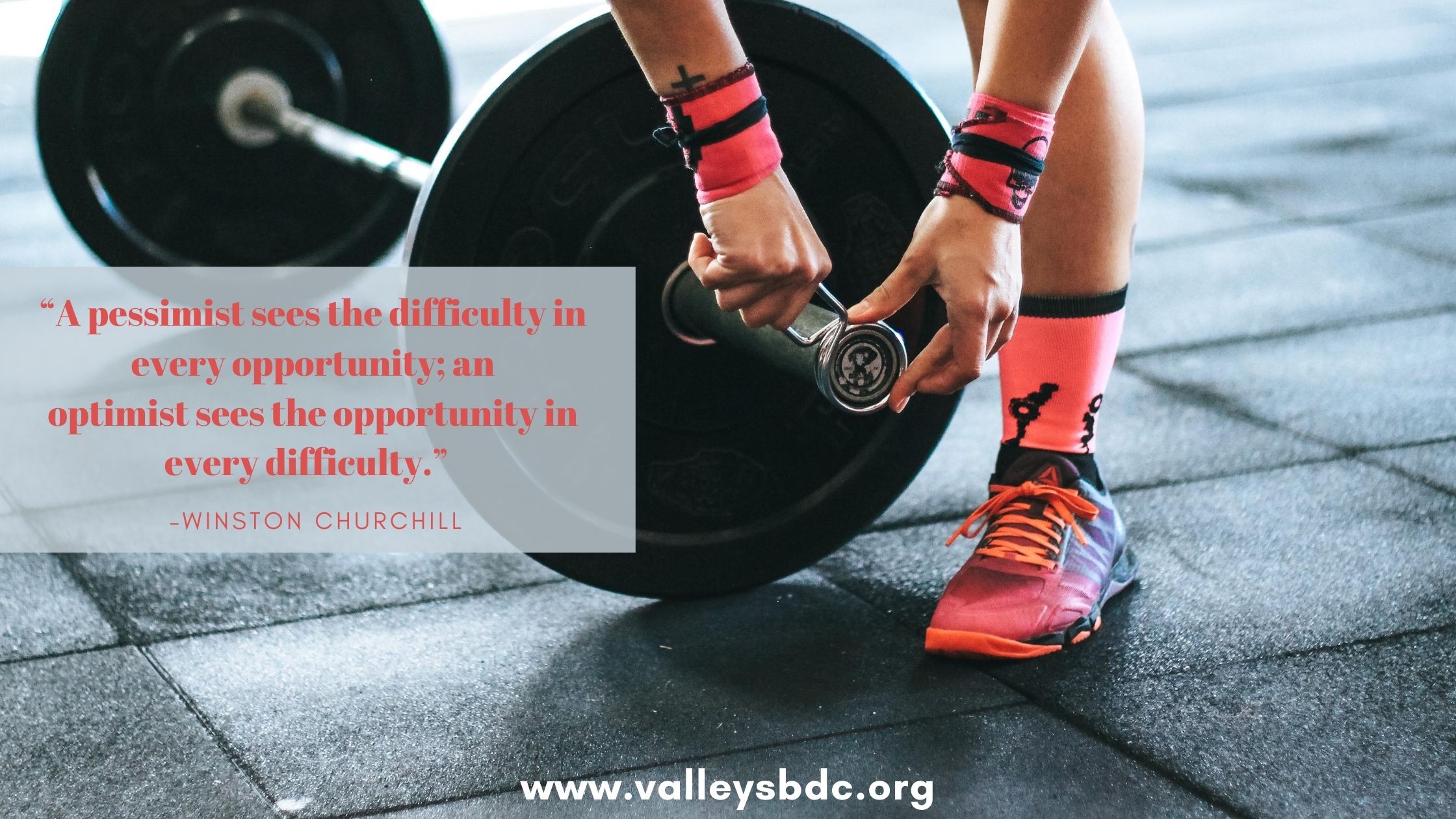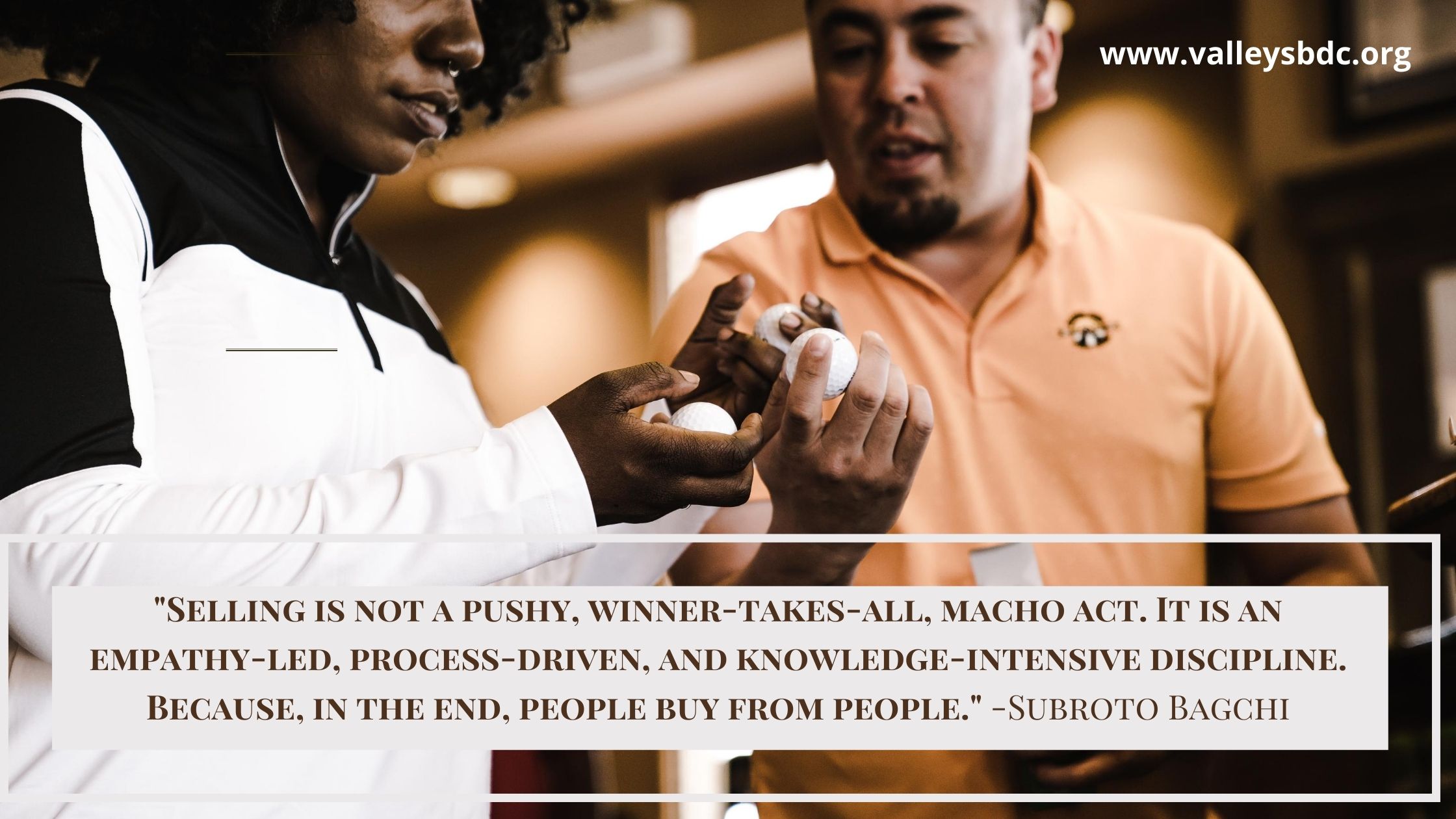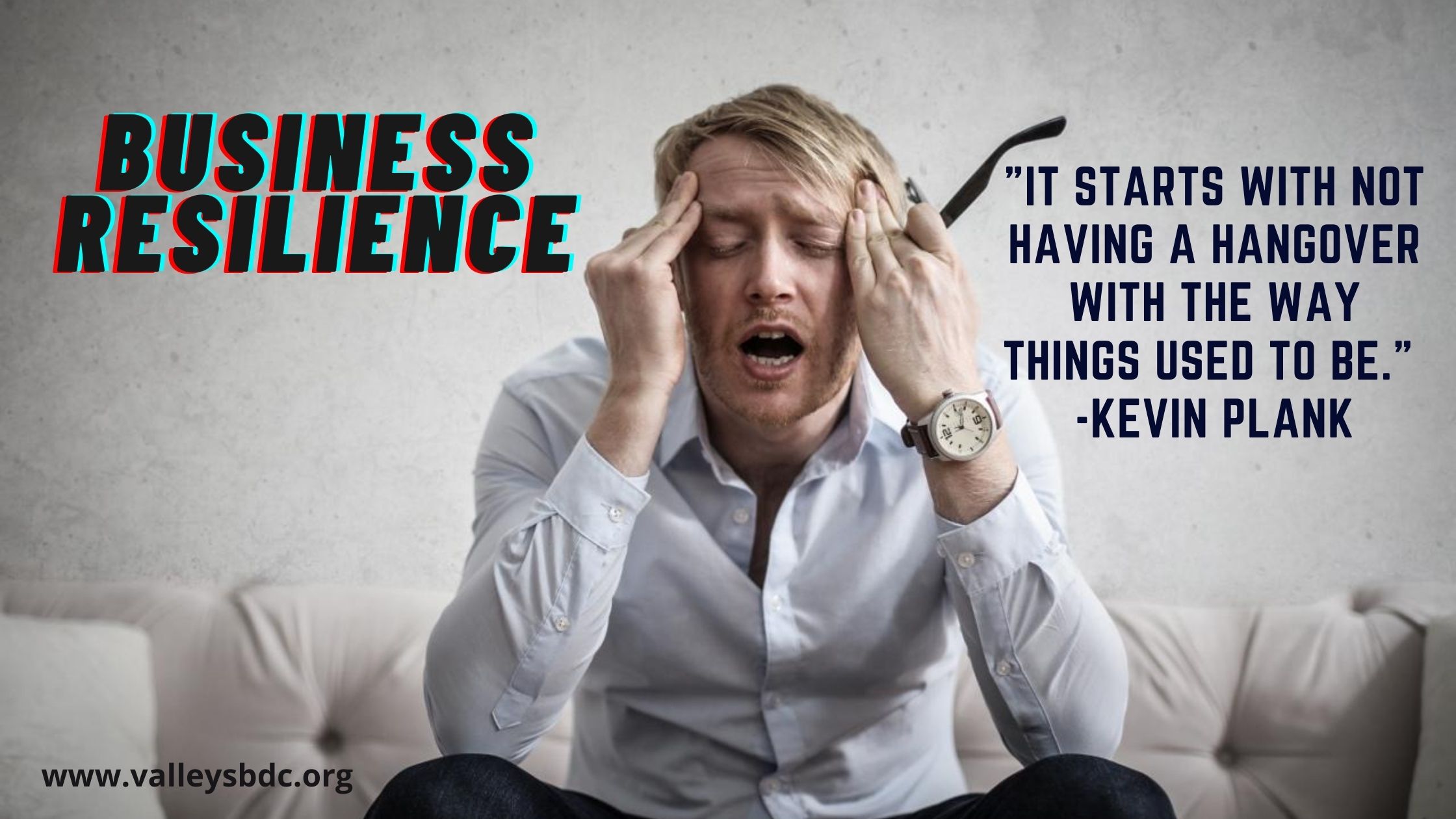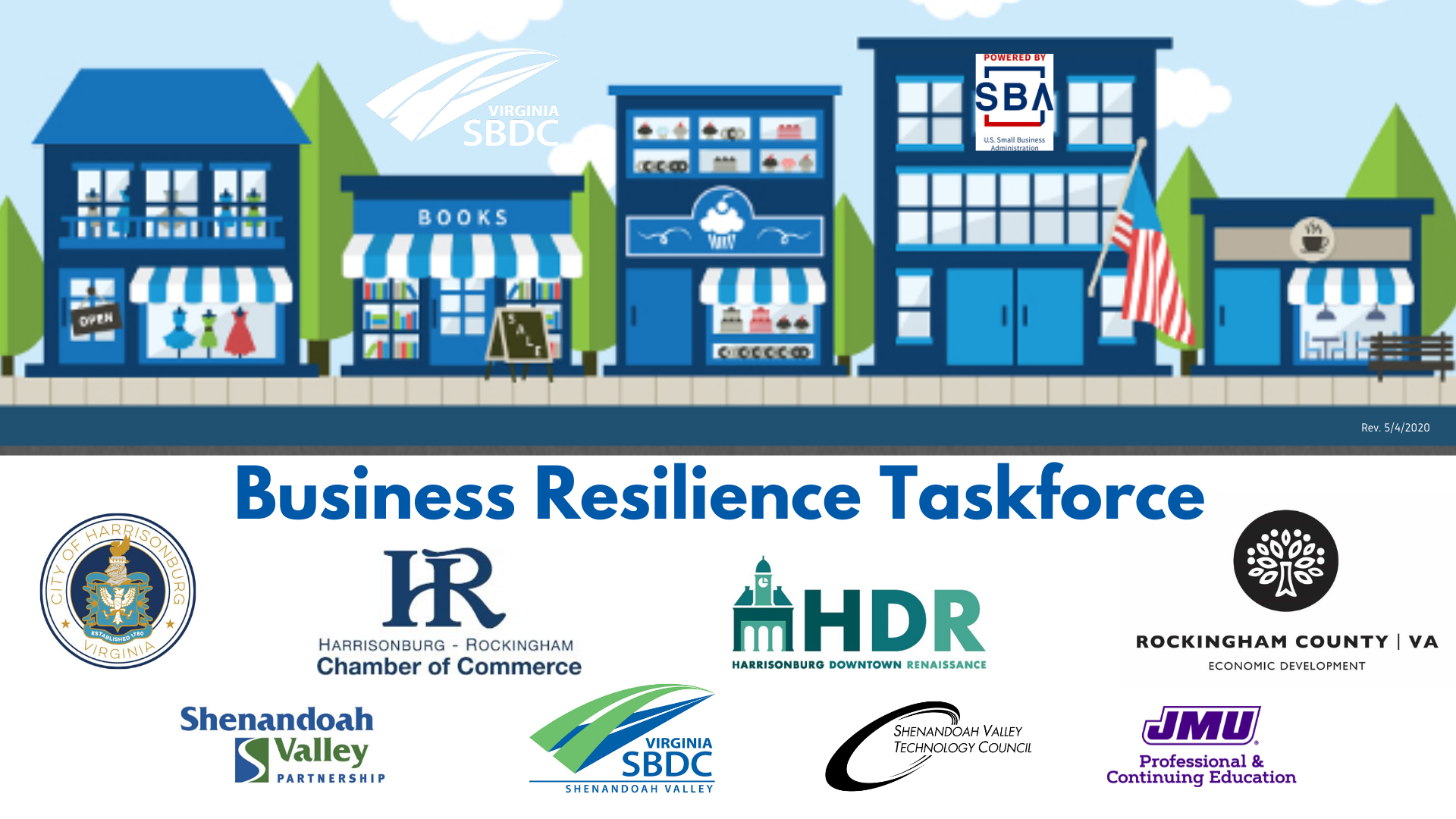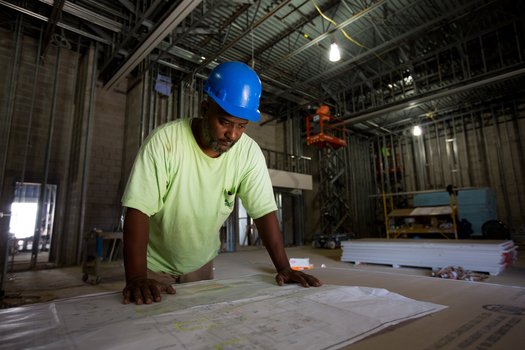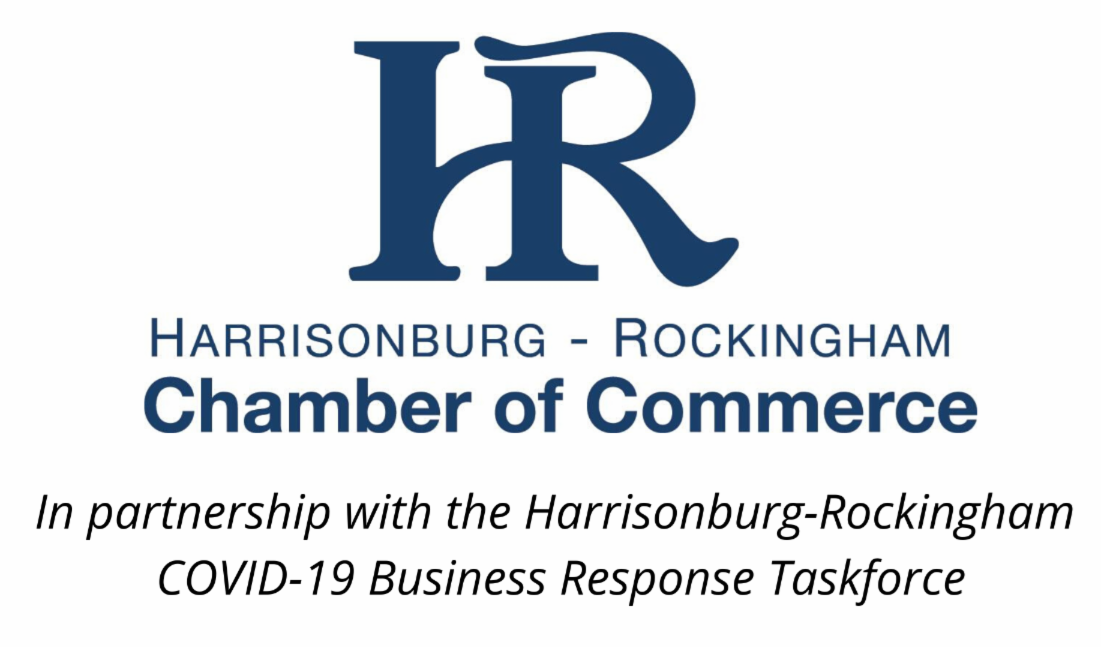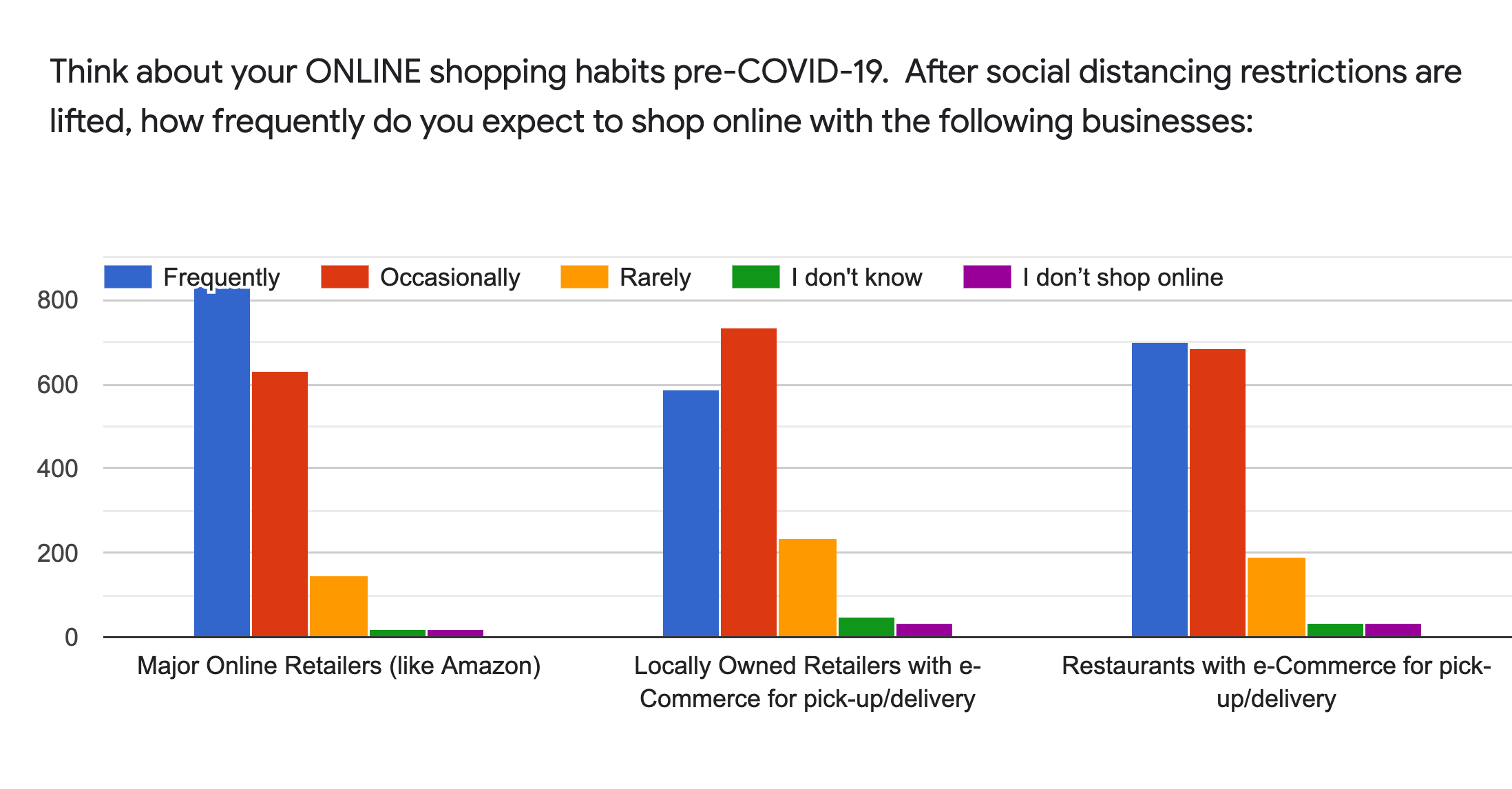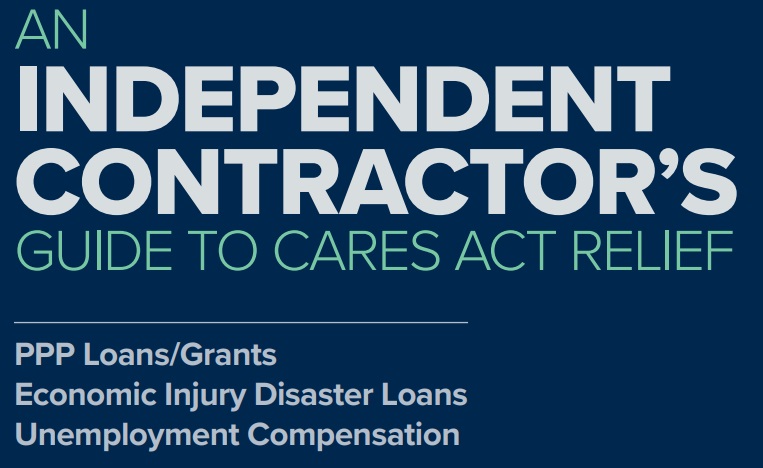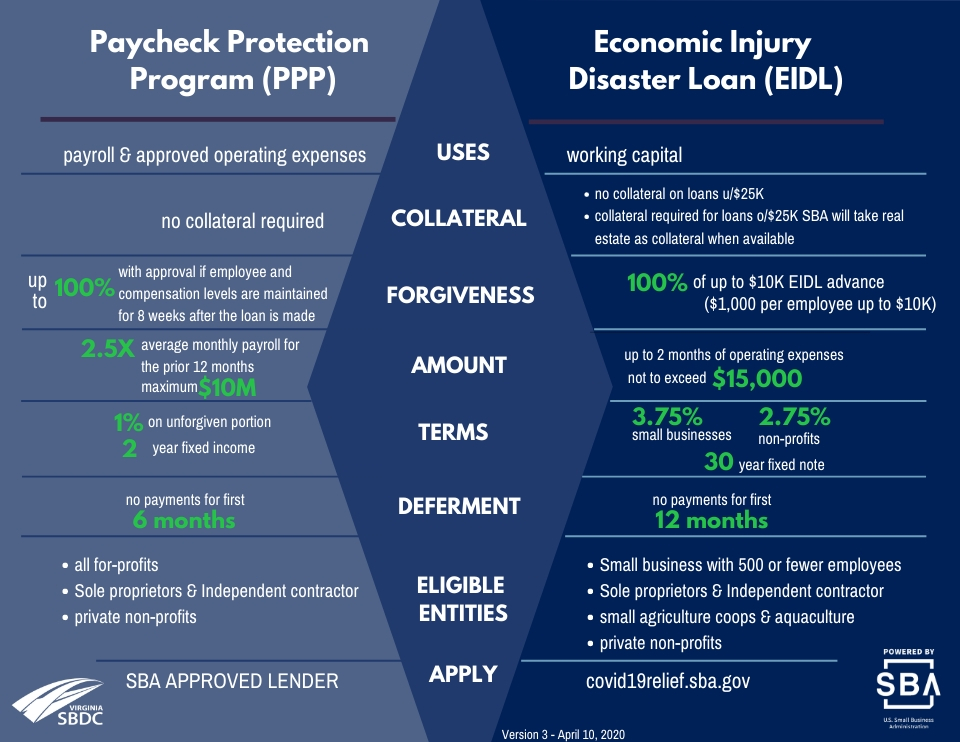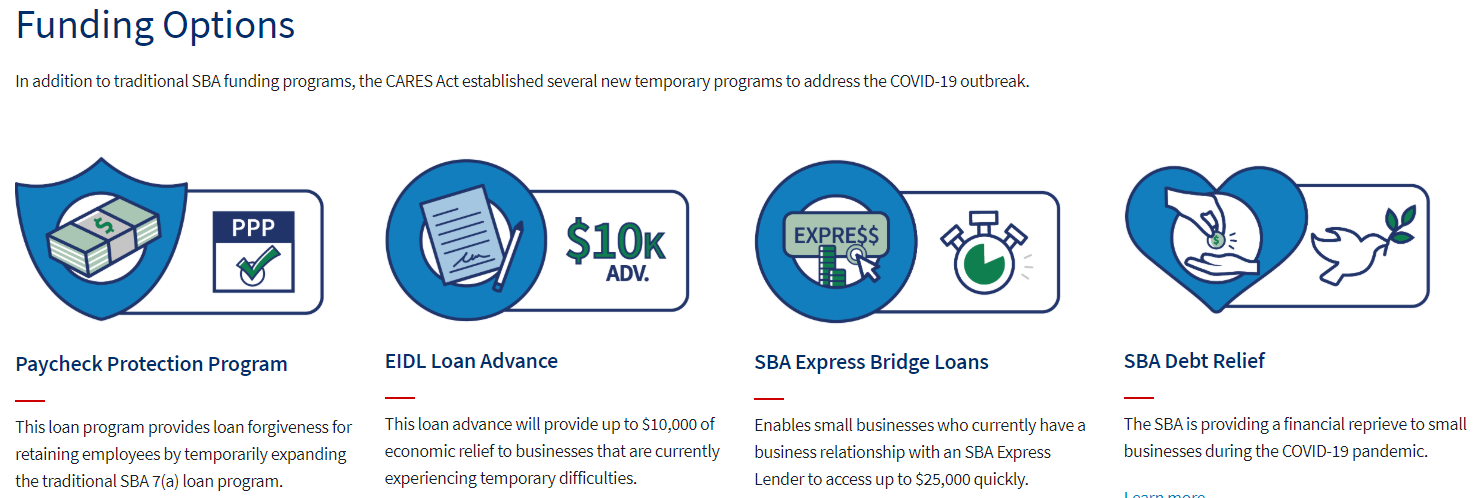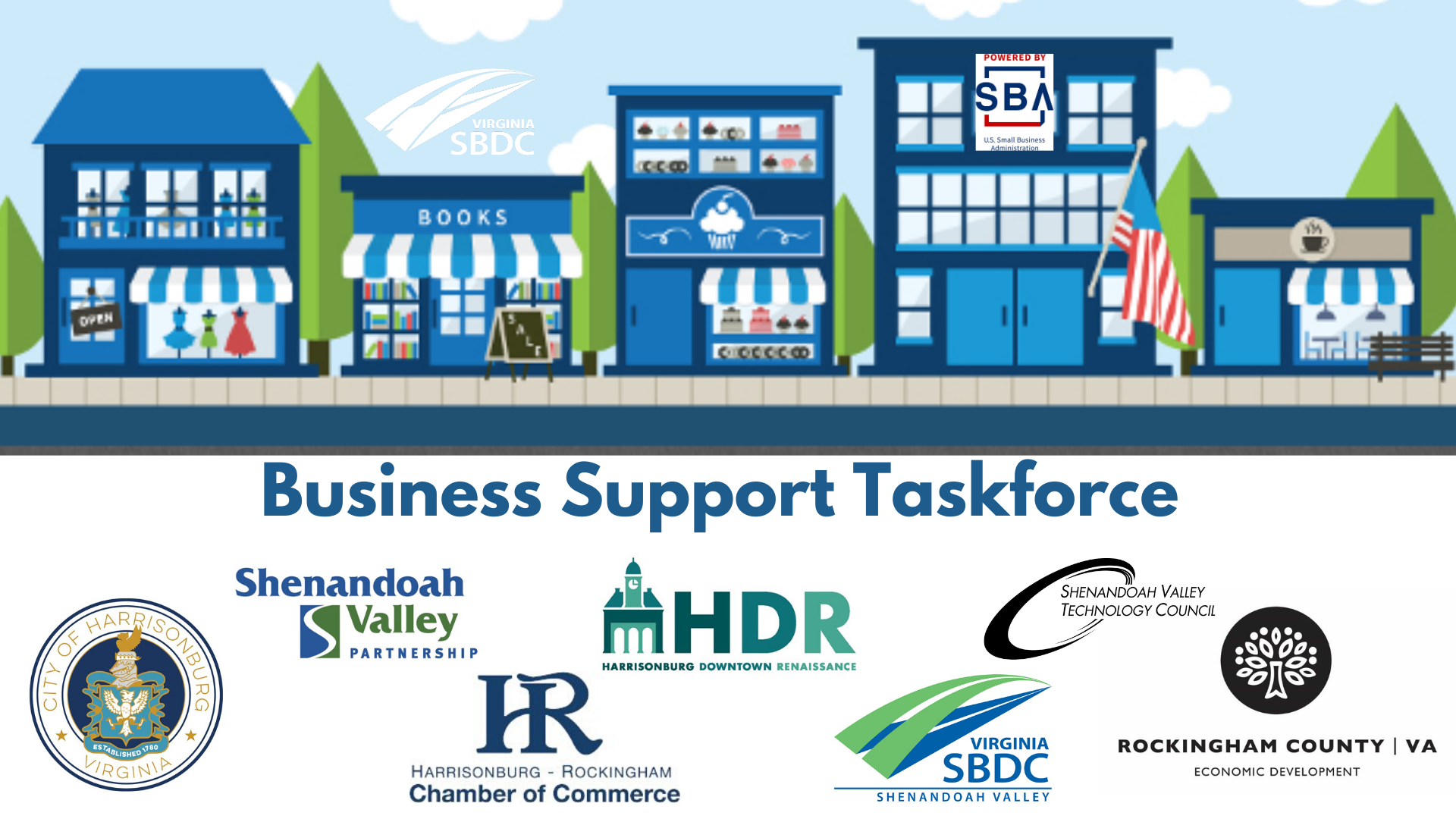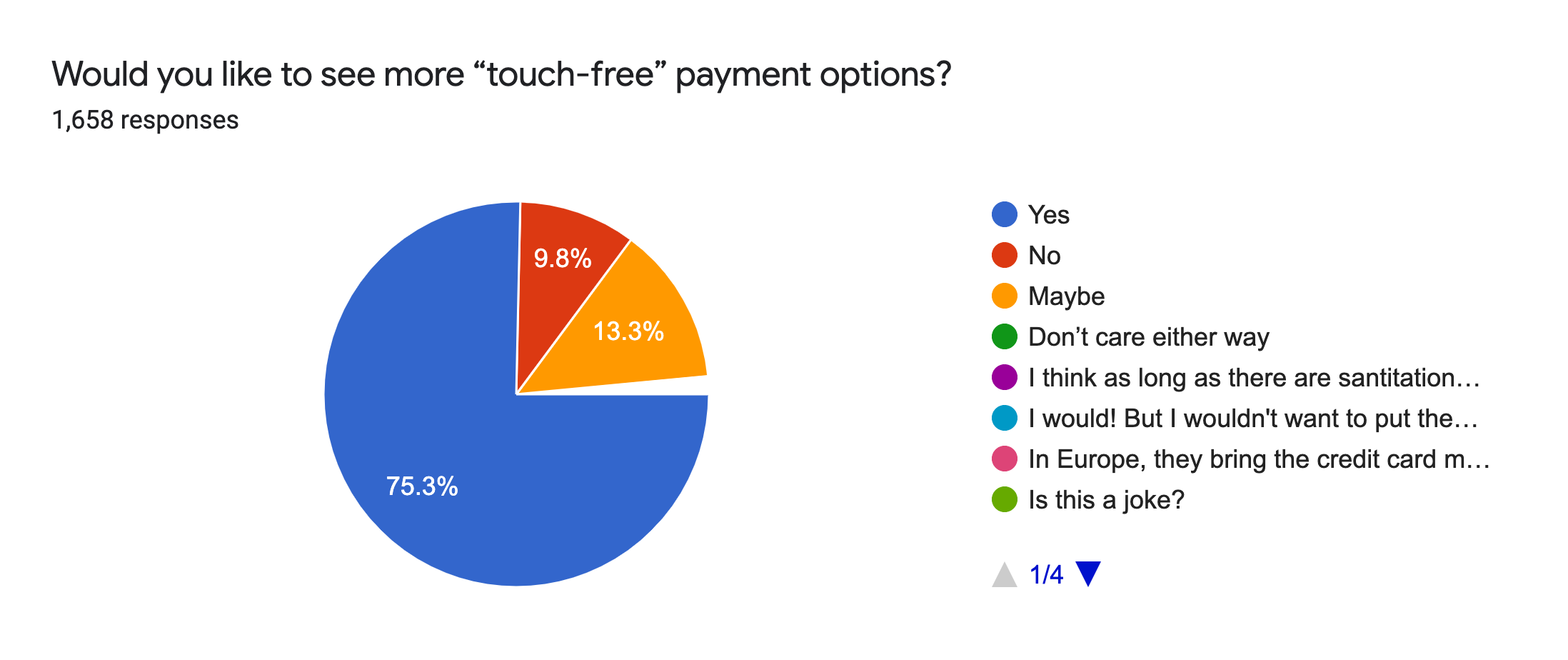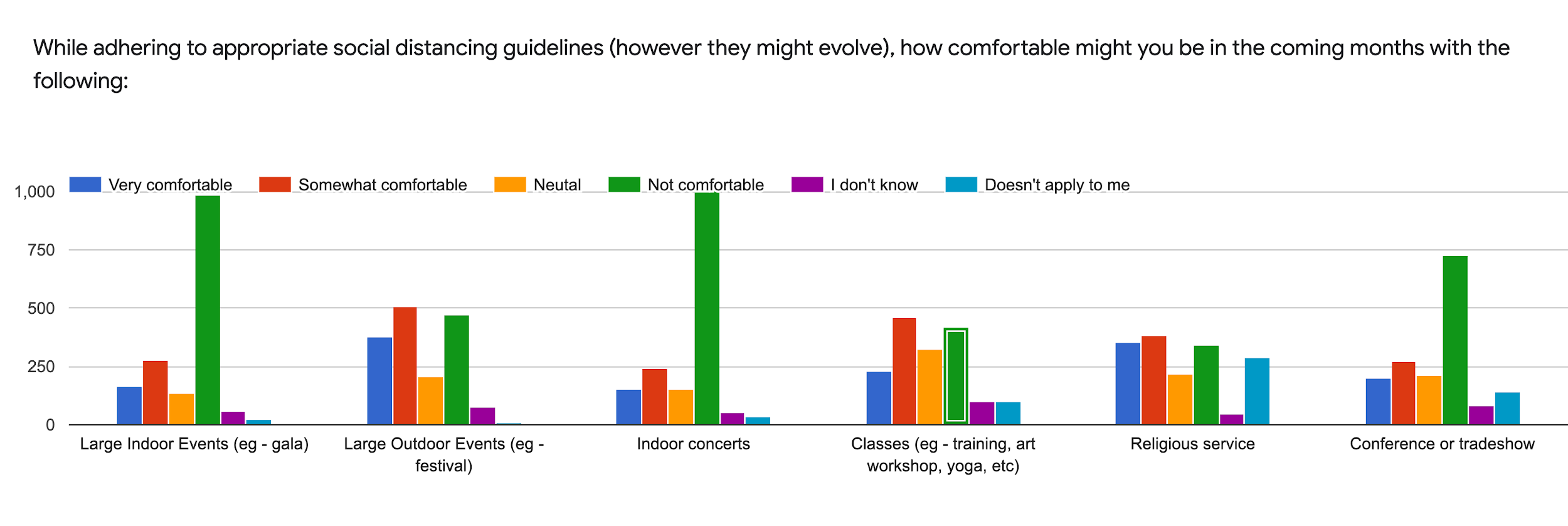Business advisor Don Crawford talks about taking an inventory of your business sales tools to create a proven and repeatable selling process.
There is no shortage of advice on how to fit social media marketing into the busy schedule of a small business owner. Often it is difficult to carve out time to post, much less keep up with trends and skills needed to be effective. The good news is that successful social media automation just takes a little planning and a commitment to keeping it on your to-do list in order to keep your social media channels working for you.
START BY REMINDING YOURSELF OF THESE IMPORTANT PARAMETERS
What you are trying to accomplish? A clear objective will help crafting your content go a lot faster. Some common social media objectives are:
- Brand building to increase name recognition and associate it with your product.
- Attracting new customers by driving people to social sites or website.
- Educating about a product, service or industry.
- Supporting sales by answering customer questions and showing them how to use your products or services.
- Leveraging customer loyalty by giving them a place to talk about their experiences and encourage others to purchase from you.
Who you are talking to? Knowing who you are talking to on social media can help you avoid wasting time on content they don’t care about.
- What’s their point of view? What do they care about, what do they do? What problem can your product or service solve for them?
- Consider influencers, buyers and end users. Who is making recommendations and sharing content with your current or potential customers?
- Know where your audience engages on social media. Compare social site demographics with target market demographics to determine the best channels to reach your target market.
CREATE CONTENT “POCKETS”

Develop categories of hot topics, frequently asked questions, & key messaging you want to convey. What kinds of things do your customers want to know about you, your staff, your products, services, and related subjects? Make a list. These will act as prompts for content creation.
Use and reuse what you have. Develop an eye for aspects of your daily routine that could be converted to social media posts. You don’t need to post them immediately, just create a way to save the ideas for later.
Use Facebook Business Page News Feed, hashtags, curation sites, and Google Alerts to collect content. Using the categories you’ve created, spend a little time researching applicable social accounts and hashtags to follow that will yield good shareable content.
- Like possible content pages as your Business Page INSTRUCTIONS
- View your business page news feed by adding “/news_feed” to the end of your Business page URL. EXAMPLE: https://www.facebook.com/ValleySBDC/news_feed
- Follow hashtags on Twitter and Instagram for ideas.
- Find a content curation site you like. Here’s a list of some of the best, many are free.
- Set up Google Alerts for key topics.
- Smartphone apps and browser buttons let you save or post content on the go rather than searching for it later.
PUT IT ALL TOGETHER.
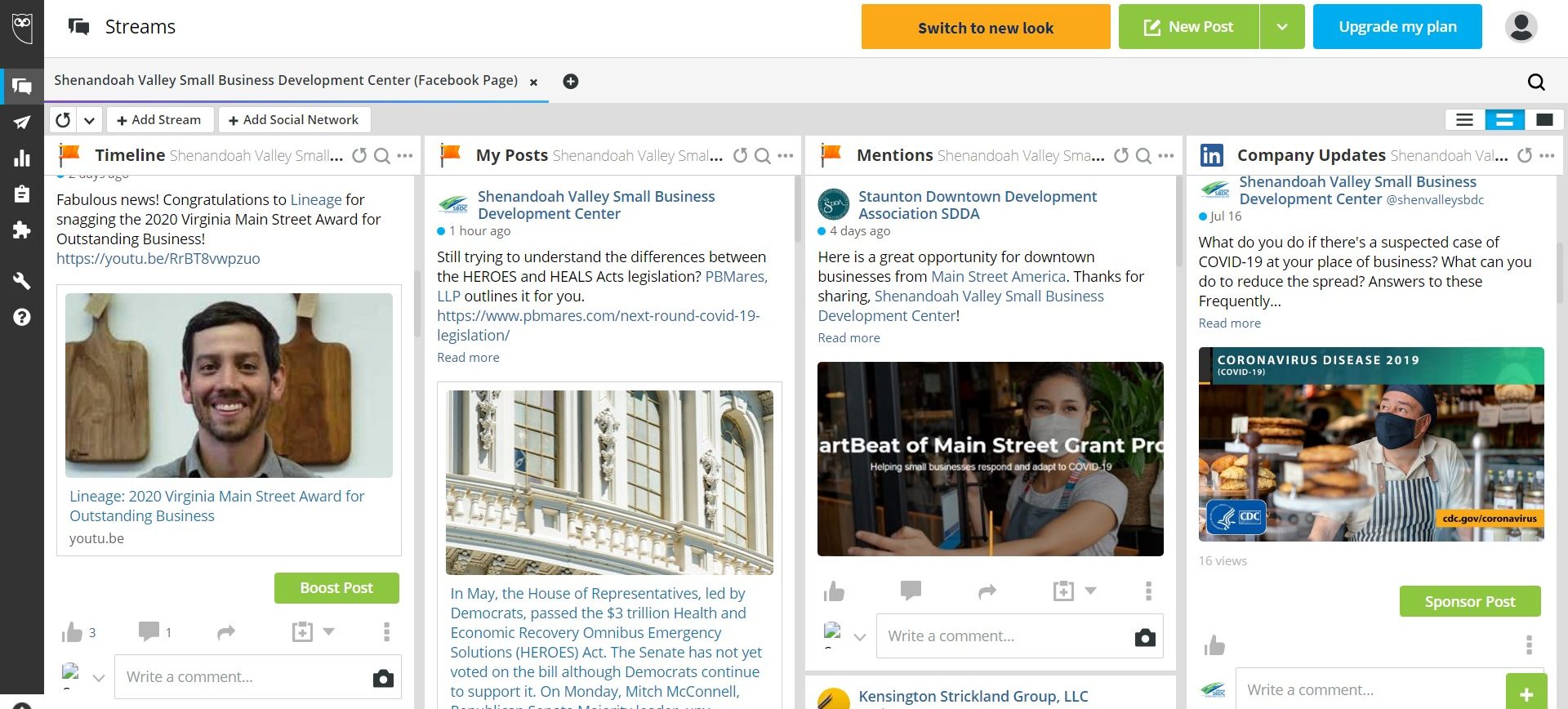
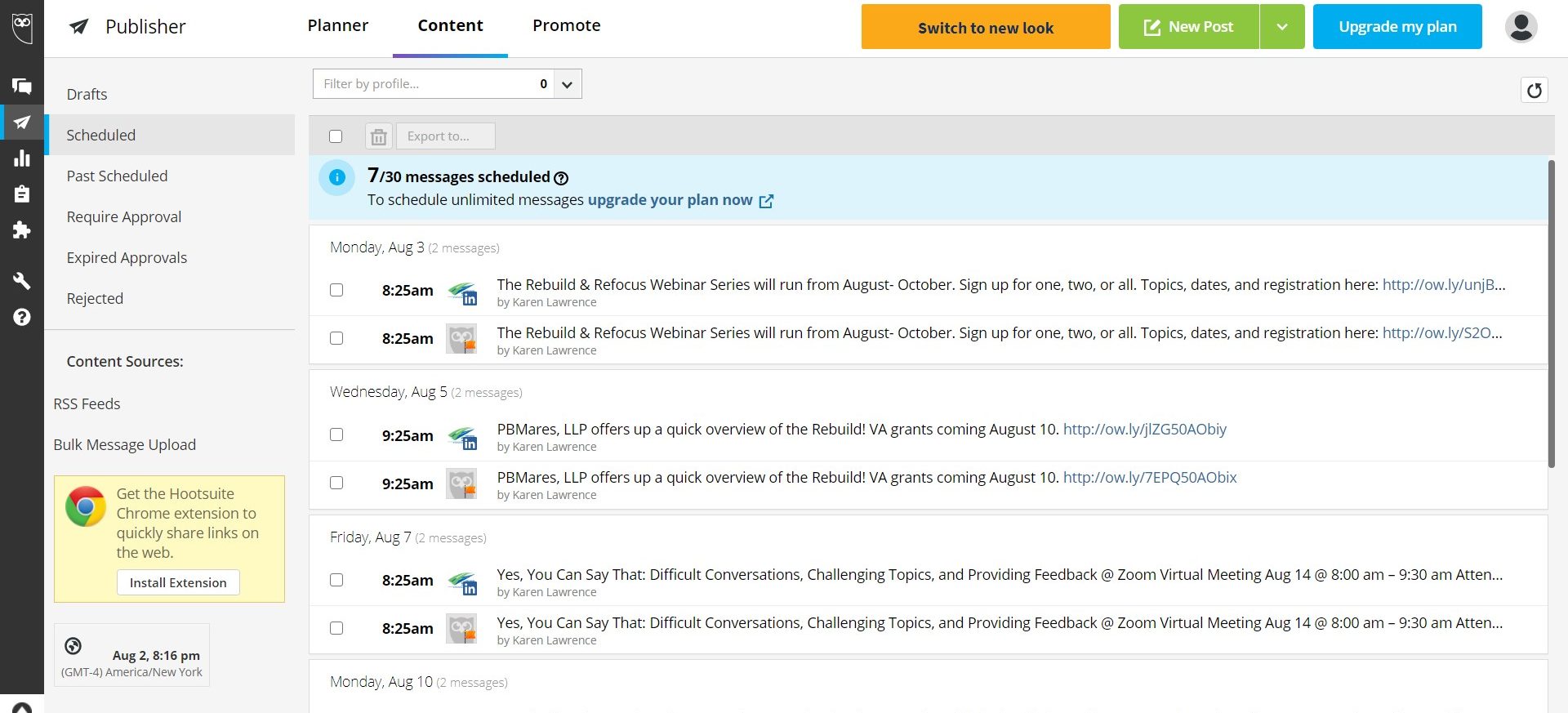
Include social media content creation and scheduling on your work calendar like other tasks, using shortcuts wherever possible.
- Don’t post separately in multiple places. Choose a content scheduler that suits your needs (free or paid). This article showcases 15 of the best.
- Review your content categories and items you’ve saved, then organize them for posting. Write lead-ins that apply to your business for each item you want to use, paying attention to character requirements and image sizing.
- Write any “sales” related content that needs to be included like new products, special deals, or upcoming events.
- Make use of services like canva.com to make sizing and graphics for different types of posts easier.
- Organize and enter content into the scheduler. This becomes your content calendar and dashboard for monitoring all things related to social media.
Measure success regularly. View your social channel analytics periodically to see what posts are working best and adjust your content accordingly.
Need a little more help in developing your own social media routine? Watch the Valley SBDC Events & Workshops page for upcoming trainings you can use.
Whether you’re a seasoned small business owner looking to increase sales by adding an online store or a newbie just starting your business, having an ecommerce option for customers is more important than ever. Even though building a web store for customers is a no-brainer, sorting out the options is more like a brain cramp! Because getting an online store up and running can be such a big commitment of time and money, and choosing a platform prematurely can be a difficult hurdle to overcome later, it’s especially important to understand the terminology, differences between platforms, and perhaps most importantly, your operational capacities for adding ecommerce.
FIRST THINGS FIRST – Know the Terms
What’s the difference between an ecommerce platform and an online marketplace? An online marketplace has multiple sellers like eBay, Amazon, Walmart, and Etsy. An ecommerce platform is software that allows one seller to create and operate their own online store.
Do I need one or the other to sell online? The short answer is yes. The only other options to using a marketplace or ecommerce software are to build from scratch (expensive) or use a plug-in to your website (severe limitations).
Which is best for my business? This is where understanding your business capabilities comes in. In brief, online marketplaces generally have more traffic, provide some marketing and customer service support, and offer simplified store creation. They do not assist with inventory management, charge a commission, and inherently create more competition among sellers. On ecommerce platforms, there is inventory support, but the seller is responsible for a more complex store set-up, attracting traffic, generating leads/sales, and customer service support. Fees only apply to hosting/maintain the site or special added features.
CONSIDERATIONS – What does your business need?
Revisit what you sell, how you source it, and who your audience is. If you have been or will be operating a brick and mortar retail store, look again at your products, supply chain, and customer profiles.
- Which of your products lend themselves well to online sales? Is your unique selling proposition the same instore/online? How do you know that?
- Do you have enough profit margin in those products to add the expense of set-up, listing, managing, packing, shipping, and providing customer service required for online selling?
- Who are your potential online customers, where do they shop, and what are their expectations?
- Is your brick and mortar store name right for your online store? If it does not make what you are selling online immediately apparent, you may want to explore an alternative domain name for your ecommerce store.
Take a hard look at your technical capabilities, staffing, equipment, and space.
- Is the technical side of listing and promoting products online a challenge for you?
- How strong is your existing marketing plan? Do you have a robust social media presence and decent website traffic? Do you have ideas for generating online traffic and sales?
- Do you have or can you hire the staff or help you needed to manage the tasks of online selling?
- Do you have the right equipment/systems for great photographs, inventory management, and easy packing/shipping?
- Where will you do these extra tasks?
Make a budget for costs associated with adding ecommerce.
- Figure the costs of changes required to add online shopping to your existing operation.
- Based on your reexamination, decide what your goals and expectations for your e-commerce effort should be.
WHEN TO CHOOSE A MARKETPLACE OPTION
- You don’t have many different items to sell online and can manage inventory on your own.
- You are limited in time, expertise, or the ability to hire help, but want to make some products immediately available online.
- You don’t want to invest in ramping up your online marketing effort right away.
- You’re willing and have enough profit margin to pay a commission.
- You understand and have a plan for maximizing your use of the marketplace platform.
Top Marketplace Sites
We looked at current comparisons/ratings of the top marketplace selling platforms, and the following were consistently ranked tops for fast-startup, established programs, and large customer bases.
Amazon
EBay
Etsy
Walmart Marketplace
Facebook Shops
Check the detailed reviews of marketplace sites below for more information.
- You have a lot of different items to sell online and would benefit from inventory assistance.
- You have a strong marketing plan and web presence that will transition well online.
- You can create or can hire someone to create an online store that fits your brand.
- Your business has the capacity, space, and time to integrate online selling into your operations.
Choosing an Ecommerce Platform
If you’ve decided ecommerce is for you, it’s time to choose a platform for putting it all together. Fortunately, there are some great ways to break into ecommerce that will get you up and running in no time. When looking at the various options, be sure to think about the following (besides cost):
- Is it easy to use and have adequate support features?
- Are there design options to complement your brand?
- Does it have the integrations you want such as payment options, social selling capabilities, or apps?
- Is it scalable? How many products can be listed?
- Are there Search Engine Optimization and customizable URL features?
We looked at four different comprehensive independent reviews of multiple ecommerce platforms and “compared the comparisons.” Given that this decision is always something very personal to your business, it would be worth digging through the articles provided below to learn more for yourself.
If that’s more than you want to tackle and want to just investigate the top performers of 2020, the consensus of the experts seems to be that these four platforms (in no particular order) offer the absolute best tools for launching an online store.
Have questions? Schedule a session with one of our business advisors to discuss what’s right for your business.
RESOURCES
Marketplaces
The Best 20 Online Marketplace Options for Selling Products in 2020
What are the Top Online Marketplaces?
The World’s Top Online Marketplaces
Selling on Online Marketplaces: Best Platforms for Selling Your Products
Ecommerce Platforms
10 Best Ecommerce Platforms Compared & Rated 2020
Ultimate List of Ecommerce Tools for 2020
8 Best Ecommerce Platforms | Build Your Store Today
The Best Ecommerce Platforms for 2020
Looking to take your ecommerce global? Take this webinar. Learn how to make your ecommerce strategy a gateway to global markets. Discover simple and incremental ways you can start selling online and go global by attending The Fundamentals of International eCommerce webinar on March 11 at 2PM. Register HERE. Ready to get started? Apply […]
Do a web search of inspiration when starting a business, and you’ll realize there’s no lack of advice for entrepreneurs or strange metaphors for what starting a business is like. Yet sometimes nothing helps a small business owner navigating tough times better than knowing others have struggled through it too. Here are just a few thoughts we’ve collected to inspire and motivate when those inevitable challenges roll in!
Overcoming Fear and Uncertainty
“A pessimist sees the difficulty in every opportunity; an optimist sees the opportunity in every difficulty.” – Winston Churchill
“Fear is the disease. Hustle is the antidote.” – Travis Kalanick
“As ever, the accountant in me saw the risk, the entrepreneur saw the possibility. So, I split the difference and kept moving forward.” — Phil Knight, chairman emeritus of Nike
“You don’t have to be great to start, but you have to start to be great.” – Zig Ziglar
When You Just Need an Attitude Check
“When everything seems to be going against you, remember that the airplane takes off against the wind, not with it.” – Henry Ford
“Ignore the hype of the startups that you see in the press. Mostly, it’s a pack of lies. Half of these startups will be dead in a year. So, focus on building your business so you can be the one left standing.” – Jules Pieri, Co-founder and CEO of The Grommet
“Passion, creativity, and resilience are the most crucial skills in business. If you’ve got those, you’re ready to embark on the journey.” – Jo Malone, Founder of Jo Malone
When You’re Stumped on Selling and Understanding Customers
“Everyone is not your customer.” – Seth Godin
“Wonder what your customer really wants? Ask. Don’t tell.” – Lisa Stone, co-founder and CEO BlogHer
“No matter how many customers you have, each is an individual. The day you start thinking of them as this amorphous ‘collection’ and stop thinking of them as people is the day you start going out of business.” – Dharmesh Shah, Co-Founder of HubSpot
“Selling is not a pushy, winner-takes-all, macho act. It is an empathy-led, process-driven, and knowledge-intensive discipline. Because, in the end, people buy from people.” – Subroto Bagchi, Co-founder of Mindtree
Facing Change with Resiliency & Perseverance
“It starts with not having a hangover with the way things used to be.” – Kevin Plank, founder and CEO of Under Armour
“Don’t try to do everything by yourself, but try to connect with people and resources. Having that discipline and perseverance is really important.” – Chieu Cao, Co-founder of Perkbox
“If Plan A doesn’t work, the alphabet has 25 more letters.” – Claire Cook
“Working hard for something we don’t care about is called stress; working hard for something we love is called passion.” – Simon Sinek, motivational speaker
“Ideas are easy. Implementation is hard.” – Guy Kawasaki, co-founder Alltop
“I skate to where the puck is going to be, not where it has been.” – Wayne Gretzky, Hockey Star
SBDCs launch COVID-19 recovery initiative to promote economic stability, sustainability, and growth.
The GO Virginia State board has approved an $81,813 grant proposal submitted by a regional partnership between Harrisonburg Economic Development, Frederick County Economic Development, Shenandoah Valley Small Business Development Center (SV SBDC), and Lord Fairfax Small Business Development Center (LF SBDC). This grant creates a Small Business Resiliency Team (SBRT) program with the goal of providing expanded business support services and technical assistance to area businesses in the wake of COVID-19 challenges. The program will deploy Business Resiliency Navigators to guide growth-oriented businesses through a dedicated and well-designed process for achieving incremental and sustainable growth throughout the pandemic recovery period.
Business Resiliency Navigators will work directly with small businesses, assisting with E-commerce, Financial Management, and Marketing needs. The SBRT’s focus is on tourism, retail, healthcare, and professional services businesses, however other companies will be considered. In addition to providing assessments, development of action plans, strategic counseling, and targeted training, the program will provide for services such as accounting, bookkeeping, website development, or e-commerce assistance rendered by industry experts as recommended by the SBRT.
The Virginia Initiative for Growth and Opportunity (GO Virginia) is a business-led initiative that was formed to foster private-sector growth and diversification across nine economic development regions in the Commonwealth. The GO Virginia Board administers state financial incentives designated for regional projects in order to encourage collaboration between private sector companies, workforce, education, and government.
Participating localities include the counties of Augusta, Clarke, Frederick, Rockbridge, Rockingham, and Shenandoah; and the cities of Harrisonburg, Waynesboro, and Winchester. Patrick Barker, CEcD, Executive Director of Frederick County will administer the grant.
“This partnership will be able to provide significantly more assistance to keep businesses healthy and growing in spite of the pandemic. Our SBDCs can collaborate and meet needs of Economic Development Offices throughout the Shenandoah Valley. Our goals include improving the local economy, assisting the participating businesses, and providing contracted work to local vendors for professional services,” said Joyce Krech, Director of the Shenandoah Valley SBDC.
The SBRT program supports GO Virginia goals by expanding regional capacity to coordinate and deliver business support services; helping businesses utilize e-commerce to increase sales; reducing service and production disruptions; encouraging the use of a remote workforce to keep workers employed and productive; and expanding existing training programs that are mission-critical. Expected results from dedicated participants include overall average business growth and retention of their current workforce.
“This grant award will help us keep many of the region’s growth-oriented businesses on a positive financial trajectory towards sustainable success. We will leverage existing resources and utilize GO Virginia funds to provide focused, hands-on consulting, training, and contracted work,” states Christine Kriz, Director of the Lord Fairfax SBDC.
For more information on the Small Business Resiliency Teams, click the SBRT tab on the navigation bar above.
For more information on GO Virginia, visit the Shenandoah Valley Partnership or the Virginia Department of Housing and Community Development.
About Small Business Development Centers. The SV and LF SBDCs are two of 27 Small Business Development Centers across Virginia providing professional business advice, training, and information resources to help grow and strengthen local businesses and Virginia’s economy. They are hosted respectively by James Madison University and Lord Fairfax Community College in partnership with George Mason University and funded in part by SBA and local governments. The Virginia SBDC Network is the most extensive business development program in the Commonwealth and part of America’s SBDC – the nation’s proven, cost-effective, and accredited infrastructure focused on small businesses – America’s job creators.
Welcome to the Business Resilience News Timeline
September 24, 2020
Rebuild VA has expanded its eligibility criteria to allow more small businesses to apply. The application is open and available here.
Small supply chain partners of businesses forced to close under Executive Order 53 or 55, as well as businesses that received CARES Act funding, are now eligible to receive a $10,000 Rebuild VA grant. Businesses that have received CARES Act funding must certify that they will only use the Rebuild VA grant for recurring expenses and that the grant will not be used to cover the same expenses as the other CARES Act funds.
Administered by the Department of Small Business and Supplier Diversity (SBSD), Rebuild VA has received over 3,000 applications. SBSD and its program partners, the Department of Housing and Community Development (DHCD), the Virginia Tourism Corporation (VTC), and the Virginia Economic Development Partnership (VEDP), made the decision to expand eligibility criteria after analysis of eligible and ineligible applications received within the first 30 days of the launch.
More details about the program, including eligibility criteria, may be found at https://www.governor.virginia.gov/rebuildva/.
In addition, DHCD has created a quick guide for multiple small business recovery programs in the agency. Click here to access the document.
September 14, 2020
Small Businesses & Recovery: What Customers Want
We surveyed the community to find out how they feel about a variety of topics related to public health and what influences the decisions they make about the places they visit and patron.
The previous implementation of this survey was administered in advance of the lifting of restrictions on small businesses and mass gatherings in Virginia. Those results depicted customers’ attitudes prior to Virginia entering Phase 1 of reopening.
This summary covers the results of a follow up to that survey, which was administered during Phase 3 of Virginia’s reopening. Brief comparisons are included at the end of each question to provide context on how customers’ attitudes have shifted since the previous survey.
The survey was shared by organizations and local governments in the City of Harrisonburg and Rockingham County. We received feedback from 435 survey respondents.
Key takeaways:
- Customers want businesses to make public health a priority. They want businesses to continue taking precautions that keep both employees and customers safe, and they want these precautious to be posted or shared, physically or virtually (Q1, Q11, Q12).
- There was a 21.9% increase in the number of survey respondents who said “employees wearing facemasks” impacted their level of comfort patronizing a business (Q1).
- Customers wish to touch as few common surfaces as possible (Q5, Q8, Q10).
- The number of people inside could impact customers’ desire to enter or stay (Q1, Q7).
- Many respondents indicated they have already started patronizing retail businesses and restaurants that offer outdoor dining; however, people show much more uncertainty when it comes to dining indoors and engaging in recreational activities (Q2).
- Buffet-style restaurants and other self-service options will make people uncomfortable for a long time, as evidenced by both the previous and current survey results (Q2).
- The majority of respondents do not feel comfortable attending events or gatherings – indoors or outdoors – despite adherence to social distancing guidelines (Q3).
- Moving forward, roughly 60% of respondents indicated interest in business and social networking events that are held either virtually or in small outdoor gatherings (Q4).
- Over 76% of respondents said locally owned businesses capture their attention with products, services, and specials using Facebook or word of mouth. 55% indicated that google search results are influential (Q6).
- Many intend to frequently or occasionally shop online with locally owned retailers and restaurants that have e-commerce options available for pick-up or delivery (Q9).
How could businesses respond?
- Follow CDC/VDH guidelines; regularly check for new information and adapt.
- Frequently disinfect commonly touched surfaces, such as handles and card machines. Do this in front of customers.
- Post signs explaining precautions outside and inside the establishment as well as on social media pages. Ensure all employees and customers are following what is posted.
- Continue using e-commerce systems; implement e-commerce if not already in place.
- Use Facebook and Instagram to enhance your marketing – highlighting actual products, menu, items and detailed descriptions that encourage people to make a purchase. Use google adwords as part of your marketing strategy so your website can get “found” more easily.
- Explore “touchless” and low-contact systems for your business, such as: disposable paper or QR Code menus, posted chalk board menus, touchless payment, and other strategies.
- Limit the number of patrons inside establishments. If it is feasible with the type of business or establishment, consider taking reservations (using free online tools) or making appointments.
- Install automatic hand sanitizer dispensers.
- Continue offering curbside pick-up and delivery options.
- Continue offering or try implementing “senior hours” for older customers.
- Use social media and e-newsletter lists to engage customers and ask for feedback on plans. Ask customers what you can do to retain their business through this time.
- Share positive Google/Facebook/Yelp reviews that recognize your efforts to keep your staff and customers safe on social media & let your customers speak for you!
VIEW THE ENTIRE Taskforce_Customer Survey Summary Phase 3
August 12, 2020
The Harrisonburg Business Recovery Grant program has launched! Grants for businesses with 1-100 employees are available. Grant amounts are between $4,000 and $10,000, based on the total employment of the business.
To view the eligibility criteria and to apply, visit: https://harrisonburgdevelopment.com/harrisonburg-business-…/
The deadline to apply is August 27th at 5:00pm.
August 11, 2020
REBUILD! VA Frequently Asked Questions
REBUILD! VA Application & Certification
August 11, 2020
New Resource Guide for Building a Sustainable Recreational Economy
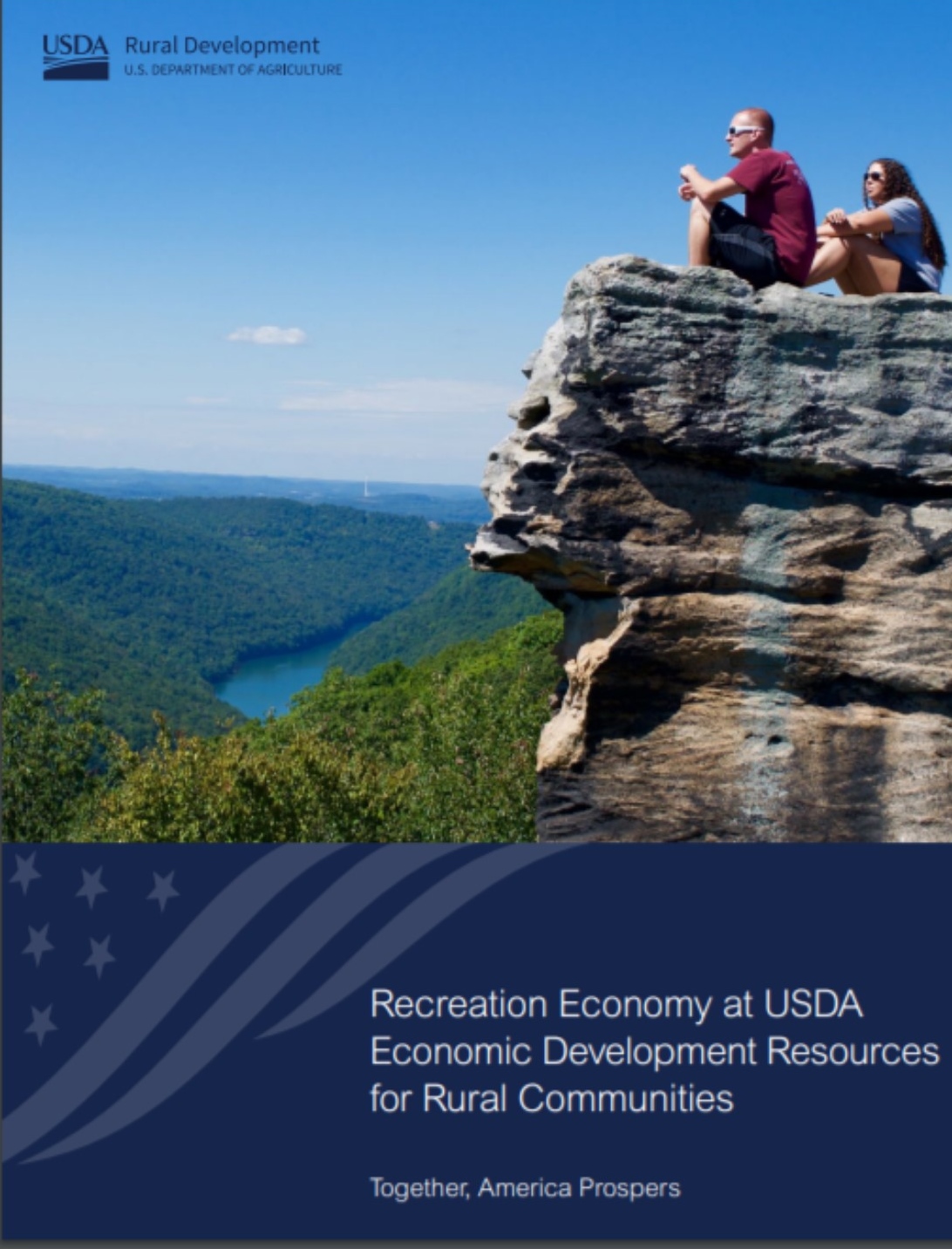 USDA launched a resource guide to provide rural community leaders and economic development practitioners a complete list of programs at Rural Development, Forest Service, and National Institute for Food and Agriculture that can be used to support recreational economies in rural America.
USDA launched a resource guide to provide rural community leaders and economic development practitioners a complete list of programs at Rural Development, Forest Service, and National Institute for Food and Agriculture that can be used to support recreational economies in rural America.
This guide addresses key factors necessary to build a sustainable recreational economy including natural resource management, conservation activities, infrastructure investment, business development and more.
Download the resource guide:
Recreation Economy at USDA: Economic Development Resources for Rural Communities
July 31, 2020
Tips for Handling Legal Issues in the Wake of COVID-19
“Navigating the Legal Landscape During a Pandemic,” is a recently published guide by Online Master of Legal Studies Programs. The guide provides a glossary of related terms and FAQ’s to help individuals understand new legal situations. Tips on how to address common legal concerns such as employee and rental rights are detailed within the resource. The article also shares information on looking towards the future, such as how business professionals can prepare during and after a pandemic.
July 28, 2020
New Grant Opportunities for Small Businesses & Nonprofits Affected by COVID-19
Applicants must include the following supporting documentation with their application.
- SCC Certificate of Good Standing
- Incorporation documents for your business-or non-profit, including one of the following:
- Articles of Incorporation (e.g., C-Corp, S-Corp)
- Articles of Organization (e.g., LLC)
- Declaration of Partnership (e.g., Partnership)
- IRS Letter of Determination (e.g., 501c3)
- Business License (e.g., Sole Proprietor, Independent Contractor)
- Certificate of Fictitious Name (e.g., Sole Proprietor, Independent Contractor)
- Form 1099 (individual contractors)
- Current Owner Photo ID (e.g., VA Driver’s License, VA Real ID, Permanent Resident Card, Passport)
- Copies of 2019 Federal Income Tax Returns, and 2019 interim financial statement. If your 2019 Federal Income Tax Return has not been filed, a year-end profit-and-loss statement and balance sheet for 2019.
- Commonwealth of VA Substitute W-9 form
- Documentation demonstrating qualifying salary or payroll, including one of the following:
- VEC-FC-21/20 quarterly report
- Payroll processor records;
- Payroll tax filings;
- Form 1099-MISC; or
- Other documentation to demonstrate the qualifying salary or payroll
- Mortgage statements or rent/lease agreements
- Utility bills
- Paid invoices, contracts, cancelled checks, or other documentation to substantiate eligible COVID-19 expenses incurred to continue operations or re-open the business or non-profit.
One important point is that if a company has received government funding through the CARES ACT from any federal, state or local agency, they will not be eligible for this program. That would include any firm that received PPP, EIDL, CDBG, etc.
LEARN MORE
Main Street America, in partnership with The Hartford Small Business Insurance has created The HartBeat of Main Street Grant Program that will fund solutions to help small business owners respond and adapt to the COVID-19 pandemic, and also help to revitalize and strengthen older and historic downtown commercial districts. Grants of $5,000 to $15,000 will be awarded on a competitive and first-come, first-served basis. A minimum of 50 percent of grants will benefit diverse-owned businesses, as defined by the Small Business Administration as minority, woman, veteran, disabled, and/or LGBTQ-owned. This grant is now open and will close on August 23, 2020 at 11:59 pm PT or until 500 applications have been submitted, whichever is sooner.
HOW TO APPLY
Thanks to a $55 million significant commitment grant from Lowe’s partnering with LISC, small businesses can apply for emergency grant assistance desperately needed to stay afloat. Applications MUST be submitted by MONDAY, AUGUST 3rd ,11:59 p.m. EST.
HOW TO APPLY
June 26, 2020
Rockingham County Small Business Grant
Rockingham County, VA received funding from the Coronavirus Aid Relief and Economic Security (CARES) Act. The U.S. Department of Treasury guidance allows the CARES Act funds to be used for costs and expenses incurred because of the COVID-19 public health emergency, specifically mentioning the making of grants to small businesses.
A small business grant program will be the most efficient and effective way to distribute resources to small businesses in Rockingham County and its seven towns. The program can assist a small business with cash needed for working capital to support rent or mortgage payments, utility, payroll, or other similar expenses that occur in the ordinary course of business.
Applications will be accepted from July 13, 2020 until close of business, July 24, 2020. See the website and application for qualification criteria.
Grant information and link to application
June 16, 2020
SBA’s Economic Injury Disaster Loans and Advance Program Reopened to All Eligible Small Businesses and Non-Profits Impacted by COVID-19 Pandemic
To further meet the needs of U.S. small businesses and non-profits, the U.S. Small Business Administration reopened the Economic Injury Disaster Loan (EIDL) and EIDL Advance program portal to all eligible applicants experiencing economic impacts due to COVID-19 today.
SBA’s COVID-19 Economic Injury Disaster Loan (EIDL) and EIDL Advance
- The SBA is offering low interest federal disaster loans for working capital to small businesses and non-profit organizations that are suffering substantial economic injury as a result of COVID-19 in all U.S. states, Washington D.C., and territories.
- These loans may be used to pay debts, payroll, accounts payable and other bills that can’t be paid because of the disaster’s impact, and that are not already covered by a Paycheck Protection Program loan. The interest rate is 3.75% for small businesses. The interest rate for non-profits is 2.75%.
- To keep payments affordable for small businesses, SBA offers loans with long repayment terms, up to a maximum of 30 years. Plus, the first payment is deferred for one year.
- In addition, small businesses and non-profits may request, as part of their loan application, an EIDL Advance of up to $10,000. The EIDL Advance is designed to provide emergency economic relief to businesses that are currently experiencing a temporary loss of revenue. This advance will not have to be repaid, and small businesses may receive an advance even if they are not approved for a loan.
- SBA’s EIDL and EIDL Advance are just one piece of the expanded focus of the federal government’s coordinated response.
- The SBA is also assisting small businesses and non-profits with access to the federal forgivable loan program, the Paycheck Protection Program, which is currently accepting applications until June 30, 2020.
For additional information, please visit the SBA disaster assistance website at SBA.gov/Disaster.
June 12, 2020
COVID-19 Business Recovery Survey
Our economy across the country has certainly seen a lot of disruption through the COVID-19 pandemic and re-opening the economy has and will continue to see many challenges. We are, however, a very creative, entrepreneurial and resilient people in the U.S., Commonwealth of Virginia and the Shenandoah Valley.
As reported before, the Harrisonburg-Rockingham COVID-19 Business (Response) Resilience Taskforce was established to coordinate and support efforts to help businesses and employers make it through this challenging time. While we are now in Phase 2 of re-opening Virginia’s economy, there are still many needs and obstacles. The Shenandoah Valley Guide to Re-opening Business was recently released and has already been updated. The Virginia Chamber just sent out Blueprint for Getting Virginia Back to Work on Wednesday.
The Taskforce will continue working together to get our economy once again moving forward. In order for us to gauge the progress since early May and to determine what else can be done to help the transition back to “normal”, please complete this Business Recovery Survey by the end of the day on June 19th.
Summary results will be shared for continued recovery planning purposes. If you have any questions, contact Frank Tamberrino at frank@hrchamber.org. If you are not the right person in your organization to complete this survey, please pass it on to the appropriate individual.
June 5, 2020
Phase Two Guidelines Virginia-Forward-Phase-Two-Guidelines 6-2-2020
May 27, 2020
Guide to Re-opening Businesses
May 11, 2020
Reopening Small Business What Customers Want survey results
New! RECOVERY RESOURCES for Small Business through the Virginia SBDC Network
Review – Reopen – Recover is a downloadable PDF Checklist to help you asses where you and your business are financially, reviews your re-opening plan and helps you think over your marketing strategy.
May 4, 2020
The SBA has resumed processing EIDL applications that were submitted before the portal stopped accepting new applications on April 15 and will be processing these applications on a first-come, first-served basis. SBA will begin accepting new Economic Injury Disaster Loan (EIDL) and EIDL Advance applications on a limited basis only to provide relief to U.S. agricultural businesses.
The new eligibility is made possible as a result of the latest round of funds appropriated by Congress in response to the COVID-19 pandemic.
- Agricultural businesses includes those businesses engaged in the production of food and fiber, ranching, and raising of livestock, aquaculture, and all other farming and agricultural related industries (as defined by section 18(b) of the Small Business Act (15 U.S.C. 647(b)).
- SBA is encouraging all eligible agricultural businesses with 500 or fewer employees wishing to apply to begin preparing their business financial information needed for their application.
At this time, only agricultural business applications will be accepted due to limitations in funding availability and the unprecedented submission of applications already received. Applicants who have already submitted their applications will continue to be processed on a first-come, first-served basis. For agricultural businesses that submitted an EIDL application through the streamlined application portal prior to the legislative change, SBA will process these applications without the need for re-applying.
Eligible agricultural businesses may apply for the Loan Advance here.
May 1, 2020
The Harrisonburg-Rockingham Small Business Resiliency Grant program received 45 new applications seeking over $225,000 in assistance. Seven second-round grant applicants received between $2500-$4000 each for a total of $26,000 funds awarded. The total funds distributed since April 10th equals $91,000 distributed to area small business!
~~~
April 17, 2020
The U.S. Chamber of Commerce has been providing timely reporting and creating easy to follow guides with information on the CARES Act programs.
Small Business Emergency Loans Guide
 NEW: Guide for Independent Contractors
NEW: Guide for Independent Contractors
April 15, 2020
Using the CARES Act to Support Child Care in Virginia
Virginia is committed to supporting child care and ensuring essential personnel can work.
How to Apply
● Child care providers that are open, serving essential personnel, and want to apply for the new grant program
should look for information on how to apply at childcareva.com. Download the CARES Grant Application Form
● Providers participating in the Child Care Subsidy Program should consult the communications that will be
emailed directly to them and the FAQs available on this PDF. Questions may also be submitted to the
Virginia Department of Social Services at vendor.services@dss.virginia.gov.
April 13, 2020
Tremendous resources to the local community AND the greater area are listed on the Harrisonburg Downtown Renaissance COVID-19 Business Resources page
The Shenandoah Valley Battlefields Foundation has established a Historic Sites Emergency Grant Fund to assist partners in the Shenandoah Valley during the COVID-19 Pandemic. This program is intended to provide support for historic sites who are or will be suffering financial hardship due to the interruption of normal operations caused by the Coronavirus public health crisis. Sites must be able to demonstrate their need by showing loss or expected loss due to reduced visitation and revenue. For more information and the application, go to the Historic Sites Emergency Grants Information website
April 10, 2020
Harrisonburg-Rockingham COVID-19 Business Support Taskforce Awards 25 Small Business Grants
The Harrisonburg-Rockingham COVID-19 Business Support Taskforce that formed last month to quickly coordinate support and resources for businesses in the Harrisonburg and Rockingham area in response to the COVID-19 pandemic has awarded $50,000 in grants, funded by the generous donation from F&M Bank, to 20 area small businesses, and another $15,000 to 5 more area businesses with additional financial support from Wells Fargo and Atlantic Union Bank.
The Harrisonburg-Rockingham Small Business Resiliency Grant program received 100 applications seeking over $400,000 in assistance. Grant recipients received between $1500-$5000 and represent businesses ranging from restaurants to light manufacturing. In addition to the 25 businesses assisted, the number of jobs potentially impacted and ultimately saved could be over 150.
“We sincerely appreciate the quick and generous support of the bankers who have supported the Business Resiliency Fund. The need, just hearing about the number of applications, is great at this time and this is just one more example of this community stepping up when people are in need” said Aaron Ludwig, owner of Jack Brown’s and Billy Jack’s in Harrisonburg.
Christine McLaughlin, co-owner of Valley Olive Oil & Balsamics in McGaheysville, summed up her appreciation for a grant with “Thanks to some wonderful people keeping an eye out for us. With the Harrisonburg Rockingham Business Support Taskforce’s Small Business Resilience Grant, we will make it through this and be able to stay open for our wonderful customers! We are so appreciative for the help and everyone who made this grant possible for all the businesses hit hard during this pandemic!”
Businesses located in Harrisonburg and Rockingham County are encouraged to submit applications as they will be reviewed on a rolling basis as additional funding is received. Businesses eligible to apply are those that have been located in Harrisonburg or Rockingham County for at least a year and that have 25 or fewer employees. Funding can be used for managing operational costs like payroll, rent, and similar expenses.
Applicants who weren’t selected are also being encouraged to connect with the Shenandoah Valley Small Business Development Center for guidance and advice in addition to applying for federal assistance.
Make a Donation to the Fund
The Taskforce has partnered with the Community Foundation of Harrisonburg and Rockingham County to accept additional donations for the fund. Gifts may be made online at www.tcfhr.org or by mailing a check to The Community Foundation of Harrisonburg & Rockingham County, P O Box 1068, Harrisonburg, VA 22803. Please note the “Harrisonburg-Rockingham Business Resiliency Fund” on the check.
About The Harrisonburg-Rockingham COVID-19 Business Support Taskforce
The Harrisonburg-Rockingham COVID-19 Business Support Taskforce is an ad-hoc group convened to coordinate resources, information, and support for the business community in response to the nation’s pandemic. Members include representatives from the Harrisonburg-Rockingham Chamber of Commerce, the City of Harrisonburg Economic Development, the Shenandoah Valley Partnership, the Shenandoah Valley Small Business Development Center (SVSBDC), Harrisonburg Downtown Renaissance, Rockingham Department of Economic Development and Tourism, and the Shenandoah Valley Technology Council.
April 8, 2020
PBMares has launched a weekly webinar series to help you navigate through this unprecedented disruption. The webinars will provide you timely insights, resources & recommendations. As the COVID-19 disruption continues to evolve, their webinars will focus on the most important opportunities available to you and your business. Our subject matter experts will provide you additional insights into:
- CARES Act
- Paycheck Protection Program (PPP)
- Small Business Administration’s EIDL Program
- Liquidity & Cash Flow Management
- Remote Workforce Planning
Please register for the webinar series here: pbmares.com/covid-19-webinar-series
~~Immerge, A division of McClung Companies has developed a Shop Local page to support local businesses in the Shenandoah Valley! Submit your retail or service contact information here: www.shoplocalshenvalley.com

The Immergetech Team located in Harrisonburg, VA serving the Shenandoah Valley with Website Design, Digital Marketing and more…
For additional funding opportunities, check our Business Resource Page
March 31, 2020
With $349 Billion in Emergency Small Business Capital Cleared, SBA and Treasury Begin Unprecedented Public-Private Mobilization Effort to Distribute Funds
WASHINGTON – Following President Trump’s signing of the historic Coronavirus Aid, Relief, and Economic Security (CARES) Act, SBA Administrator Jovita Carranza and Treasury Secretary Steven T. Mnuchin today announced that the SBA and Treasury Department have initiated a robust mobilization effort of banks and other lending institutions to provide small businesses with the capital they need.
The Paycheck Protection Program is specifically designed to help small businesses keep their workforce employed. Visit SBA.gov/Coronavirus for more information on the Paycheck Protection Program.
• The new loan program will be available retroactive from Feb. 15, 2020, so employers can rehire their recently laid-off employees through June 30, 2020.
Loan Terms & Conditions
• Eligible businesses: All businesses, including non-profits, Veterans organizations, Tribal concerns, sole proprietorships, self-employed individuals, and independent contractors, with 500 or fewer employees, or no greater than the number of employees set by the SBA as the size standard for certain industries
• Maximum loan amount up to $10 million
• Loan forgiveness if proceeds used for payroll costs and other designated business operating expenses in the 8 weeks following the date of loan origination (due to likely high subscription, it is anticipated that not more than 25% of the forgiven amount may be for non-payroll costs)
• All loans under this program will have the following identical features:
o Interest rate of 1.0%
o Maturity of 2 years
o First payment deferred for six months
o 100% guarantee by SBA
o No collateral
o No personal guarantees
o No borrower or lender fees payable to SBA
###
Click for Virginia SBA Lender Ranking information
Monday, March 30th
The SBA is working to streamline the loan application process. New guidelines to apply for the Economic Injury Disaster Loan is found here: covid19relief.sba.gov
This is the main SBA page for a review of all the programs: www.sba.gov/page/coronavirus-covid-19-small-business-guidance-loan-resources
Additionally, there is new information on a $10,000 Loan Advance:
In response to the Coronavirus (COVID-19) pandemic, small business owners in all U.S. states, Washington D.C., and territories are eligible to apply for an Economic Injury Disaster Loan advance of up to $10,000.
The SBA’s Economic Injury Disaster Loan program provides small businesses with working capital loans of up to $2 million that can provide vital economic support to small businesses to help overcome the temporary loss of revenue they are experiencing. The loan advance will provide economic relief to businesses that are currently experiencing a temporary loss of revenue. Funds will be made available within three days of a successful application, and this loan advance will not have to be repaid.
The CARES Act Guide is a downloadable PDF from the U.S. Senate Committee on Small Business & Entrepreneurship and outlines the latest programs:
Paycheck Protection Program Loans
Small Business Debt Relief Program
Economic Injury Disaster Loans and Emergency Economic Injury Grants
Friday, March 27th
What a week! So much has happened just in the last two days, including the latest legislation. In anticipation of this bill, there is a document from the U. S. Senate Committee that we can share for your reading pleasure over the weekend from Senator Tim Kaine’s office via your H-R Chamber: Small Business Owner Guide.
NEW From Rockingham County: A Business & Organization Status GIS Mapping Tool
As part of the County Coronavirus alert and GIS hub, an application was created to support community business and organizations to assist the efforts of the recently formed Regional COVID-19 Business Support Task force. The following link could be shared with news media, Chamber, SVP, Downtown Renaissance and tourism sites as well in order to facilitate community business and organization operational status. Organizations can use the “Submit Form” link to add their organization along with operational information. Users can utilize the “Near Me” feature to search for businesses and organizations within their device’s location (either mobile or desktop)
This is an application which could prove valuable for other applications for the County. Thanks to Mark Rathke and his colleague Bradford for creating this tool!For more on Maps, check out: How to Visualize Data for Your Area on data.census.gov: In this brief video tutorial, discover how to visualize the most popular statistics for your area through the data visualization profiles on data.census.gov.
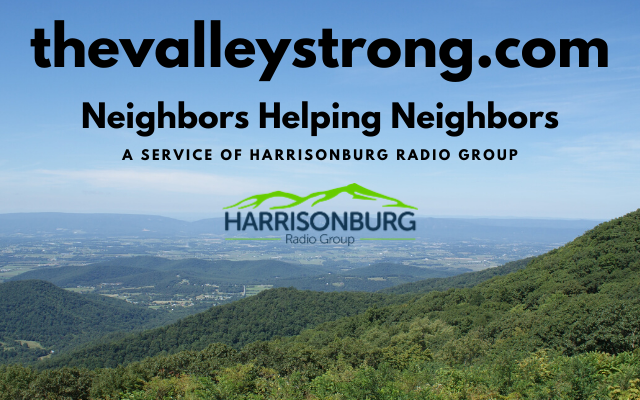 The Valley Strong
The Valley Strong
Neighbors Helping Neighbors is a movement to help support local businesses today, so they can keep their doors open tomorrow.
Hosted by the Harrisonburg Radio Group with hashtag #TheValley Strong is a directory of local Businesses, Gift Cards and Job announcements, and a direct link to WSVA Radio so you can hear the latest news.
The Shenandoah Valley Partnership has an excellent COVID-19 Response Page with links pertaining to the entire Valley.
Public Private Strategies has curated a list of resources that have been made available by advocacy groups, technology companies, and federal, state, and local government agencies to help businesses and their workers maintain their physical and economic health during the coronavirus 2019 (COVID-19) outbreak.
From Wednesday, March 25th: Yes, it already seems like a week ago doesn’t it?
Resources from the U.S. Chamber of Commerce
The U.S. Chamber continues to create, update, and evolve our various resources—including the Live Blog, Coronavirus Response Toolkit, Small Business Guide, Coronavirus Workplace Flyer, and more—to ensure that you and your members have the most up to date information and impactful tools to navigate this pandemic. For additional information and resources please visit the Virginia Chamber of Commerce’s COVID-19 Resource Center.
Status of Building Officials’ offices across the Commonwealth on VBCOA website
Virginia Manufacturer Association VMA COVID-19 Resource Page
Virginia Department of Professional and Occupational Regulation COVID-19 Update Page outlines regulated non-essential businesses that most close
Many businesses are having questions about classification of Employee vs Independent Contractor. See IRS Revenue Ruling 87-41: The Twenty Factors
FEMA has a page on HOW TO HELP that gives contact information producing COVID-19 related products. *Contact the SBDC office if you want more detail on the challenges of creating/manufacturing personal protective products, and we’ll put you in touch with our International Trade Manager and other subject matter experts.
On Wednesday, April 1st, Renee Haltom, Vice President and Regional Executive of the Federal Reserve Bank of Richmond spoke to H-R Chamber members and here is how she would like for us to participate.
Dear Shenandoah Valley small businesses,
Right now it is more important than ever for the Federal Reserve to understand how business leaders are experiencing the economy. Therefore, I’d like to make a special appeal for you to join our monthly survey of business conditions.
By way of background: Each month the Richmond Fed asks business executives in our region to answer a short questionnaire on current business conditions. We have one survey for manufacturing firms and another for non-manufacturing firms. The information we collect helps us understand the current economy in a way that is often more up-to-date and with deeper context than formal data can reveal – so it is a critical contribution to monetary policy, and really is a public service. Individual responses are kept confidential, but the aggregated results are published on our website and are followed widely by the media. The survey includes the ability to add comments – which, again, are kept confidential – and therefore gives you a voice directly to the Federal Reserve.
It is a short (5 minutes) online survey, and we are now including special questions about the effects of the COVID-19 virus. We would be grateful for your participation in this critical time and going forward. If you’re willing to participate, please contact Rich.RegionalSurveyTeam@rich.frb.org or call us at 804-697-8152.
I will add that my role at the Richmond Fed is to meet with business leaders to understand the economy. So I am eager to hear from businesses directly – both in normal times (on issues stemming from growth prospects to labor to prices), but especially now to understand how the virus and associated relief efforts are affecting you. If you have insights to share, please feel free to contact me at any time at renee.haltom@rich.frb.org.
Many thanks, and I hope to see you all virtually or in person soon.
Best regards,
Renee Haltom
Vice President and Regional Executive
The Federal Reserve Bank of Richmond
(804) 697-8401
https://www.richmondfed.org/research/people/haltom
renee.haltom@rich.frb.org
# # #
The Federal Reserve is conducting a national survey of small businesses. This survey amplifies the voices of small businesses and provides timely economic data to policymakers who are weighing decisions that affect small businesses. The survey is open to businesses currently in operation, those recently closed and those about to launch. All responses are confidential and survey results will be shared with participants. Make your voice heard and take the 10-minute survey today! The survey closes October 31, 2020.
The Business Resilience Task Force recently surveyed the community to find out how they feel about a variety of topics related to public health and what influences the decisions they make about the places they visit and patron. These valuable insights into customer attitudes and preferences during Phase 3 of Virginia’s reopening can help small businesses understand best practices for responding to customer concerns moving forward.
Key takeaways:
▪ Customers want businesses to make public health a priority. They want businesses to continue taking precautions that keep both employees and customers safe, and they want these precautious to be posted or shared, physically or virtually (Q1, Q11, Q12).
▪ There was a 21.9% increase in the number of survey respondents who said “employees wearing facemasks” impacted their level of comfort patronizing a business (Q1).
▪ Customers wish to touch as few common surfaces as possible (Q5, Q8, Q10).
▪ The number of people inside could impact customers’ desire to enter or stay (Q1, Q7).
▪ Many respondents indicated they have already started patronizing retail businesses and restaurants that offer outdoor dining; however, people show much more uncertainty when it comes to dining indoors and engaging in recreational activities (Q2).
▪ Buffet-style restaurants and other self-service options will make people uncomfortable for a long time, as evidenced by both the previous and current survey results (Q2).
▪ The majority of respondents do not feel comfortable attending events or gatherings – indoors or outdoors – despite adherence to social distancing guidelines (Q3).
▪ Moving forward, roughly 60% of respondents indicated interest in business and social networking events that are held either virtually or in small outdoor gatherings (Q4).
▪ Over 76% of respondents said locally owned businesses capture their attention with products, services, and specials using Facebook or word of mouth. 55% indicated that google search results are influential (Q6).
▪ Many intend to frequently or occasionally shop online with locally owned retailers and restaurants that have e-commerce options available for pick-up or delivery (Q9).
How could businesses respond?
▪ Follow CDC/VDH guidelines; regularly check for new information and adapt.
▪ Frequently disinfect commonly touched surfaces, such as handles and card machines. Do this in front of customers.
▪ Post signs explaining precautions outside and inside the establishment as well as on social media pages. Ensure all employees and customers are following what is posted.
▪ Continue using e-commerce systems; implement e-commerce if not already in place.
▪ Use Facebook and Instagram to enhance your marketing – highlighting actual products, menu, items and detailed descriptions that encourage people to make a purchase. Use google adwords as part of your marketing strategy so your website can get “found” more easily.
▪ Explore “touchless” and low-contact systems for your business, such as: disposable paper or QR Code menus, posted chalk board menus, touchless payment, and other strategies.
▪ Limit the number of patrons inside establishments. If it is feasible with the type of business or establishment, consider taking reservations (using free online tools) or making appointments.
▪ Install automatic hand sanitizer dispensers.
▪ Continue offering curbside pick-up and delivery options.
▪ Continue offering or try implementing “senior hours” for older customers.
▪ Use social media and e-newsletter lists to engage customers and ask for feedback on plans. Ask customers what you can do to retain their business through this time.
▪ Share positive Google/Facebook/Yelp reviews that recognize your efforts to keep your staff and customers safe on social media & let your customers speak for you!
Re-opening Small Business: What Customers Want
Harrisonburg-Rockingham, Virginia
From April 23 to May 3, 2020, the Harrisonburg-Rockingham COVID-19 Business Assistance Taskforce distributed a “Customer Feedback Survey on Businesses Reopening” in advance of restrictions on small businesses and mass gatherings lifting in a phased approach in Virginia. This survey intended to learn how area customers feel about a variety of topics related to public health and what influences the decisions they make about the places they go.
The anonymous survey was shared with residents in the City of Harrisonburg and Rockingham County by the COVID-19 Business Assistance Taskforce members. The team received feedback from 1,677 survey respondents. The results are being shared with Harrisonburg City and Rockingham County small businesses in order to prepare them for welcoming customers back this spring in a way that promotes public health and safety,
“It is clear from the survey responses that people very much want to feel like businesses are making the health of their employees and customers a priority and will continuing following multiple sanitary protocols for quite some time,” says Andrea Dono, executive director of Harrisonburg Downtown Renaissance. “Regardless of when restrictions will be lifted, customers made it known that they will still have concerns about protecting themselves and trusting that a space is safe. The success of businesses will hinge on their ability to respond to those concerns and build their confidence in coming back.”
COVID-19 Business Assistance Taskforce Harrisonburg-Rockingham Business Support Taskforce members include representatives from the City of Harrisonburg Economic Development; Rockingham Department of Economic Development and Tourism; the Shenandoah Valley Partnership; the Shenandoah Valley Small Business Development Center (SVSBDC); Harrisonburg Downtown Renaissance; the Harrisonburg-Rockingham Chamber of Commerce; the Shenandoah Valley Technology Council; and JMU’s Professional and Continuing Education.
Survey Key Takeaways:
- Customers want businesses to make public health a priority and they want them to continue taking precautions that help keep employees and customers safe.
- Customers want precautions to be posted and shared so they know in advance which precautions are being taken.
- Many people do not expect to go back to normal routines immediately following stay-at-home order being lifted, and may take a few months or longer to resume normal shopping, dining, and entertainment activity. They expect to see extra precautions being taken for a few months or longer as well.
- Seeing staff wear masks was more important to respondents than gloves, which elicited mixed responses due to concerns about improper usage.
- People wish to touch as few common surfaces as possible.
- The number of people already inside establishments will impact some customers’ desire to enter as well.
- Confidence in patronizing businesses seems to come from knowing what the businesses are doing to protect people in their establishments as well as knowing that multiple strategies are being used.
- Making purchases online and curbside pickup have become very popular options that many wish to see continued.
- While responses varied according to type of business, for the most part, many people will be slower to venture inside businesses immediately following the lifting of the order.
- Large, indoor events, concerts, conferences, and tradeshows are activities that people wish to avoid in the coming months.
- People seem slightly more comfortable attending large, outdoor events
- Buffet or self-service food set ups will make many people uncomfortable for quite some time.
- Restaurants: Most people stated they would wait a month, two months, or more before dining in (@54%) while 24% said they are ready now and 19% didn’t know or weren’t comfortable with the idea.
- Retailers: 33% of respondents said they are ready to shop in stores. But, nearly half of the group surveyed indicated they would wait either one month or two months or more before visiting shops and boutiques.
- Museums, galleries, yoga studios, gyms and fitness centers, and hotels: Most people indicated they would wait 2 months or longer to visit these places.
- Religious Institutions: 44% of those who attend religious service would wait either one month or two or more months to rejoin in-person religious services. About 38% of those who attend religious services indicated they would be comfortable attending service in-person immediately following the lifting of the stay-at-home order.
How could businesses respond?
- Follow industry-specific guidelines on re-opening businesses and which precautions to take as they become available.
- Place automatic hand sanitizer dispensers inside the business.
- Post signs explaining precautions outside the door and inside the establishment, as well as post online and on social media pages. Ensure all staff are following what is posted.
- Continue requiring staff to wear masks, including “back-of-the-house” employees.
- Continue using e-commerce systems and implement e-commerce if you don’t have systems in place.
- Continue offering curbside pick up and delivery options.
- Limit the number of patrons inside establishments.
- Explore “touchless” and no- to low-contact systems for your business, which may include disposable paper menus or posted chalk board menus in restaurants, touchless payment options, door handles that can be operated by foot, and other strategies.
- Frequently disinfect surfaces, handles, credit card machines, etc.
- Find alternatives to self-serve food and buffets.
- Prepare to accommodate a smaller number of patrons or crowds inside establishments while the region continues to flatten the curve. Take reservations or appointments.
- Use your social media and e-newsletter list to engage your own patrons and ask for feedback on your plans. Many respondents used open answers to say they want to support small businesses as much as they can. Ask them what you specifically can do to get them back.
- If you made changes during the pandemic that achieved a favorable response, consider continuing those practices or operations (social media sales, videos, family-style meals, etc., video or social media engagement).
The following details share more information and specific responses to each survey question:
1. Which of the following factors do you feel impacts your level of comfort regarding which businesses you would go into? (Select all that apply)
-
- 84% said employees disinfecting surfaces
- 67.7% said employees wearing facemasks
- 67.7% said how many customers are already inside the business
- 54.4% said plexiglass barriers where appropriate
- 51.1% said type type of business (bank vs. yoga studio vs. restaurant)
- 50.6% said posted practices aimed at preventing the spread of the virus
- 46.4% said confidence in the business owner
- 36.2% said “foot” door openers
- 33.8% said employees wearing gloves
- 32.3% said the size of the business
- ~<10% said other, none of these, or gave their own responses
2. Once the stay-at-home order is lifted, how long will you wait before feeling comfortable going into the following places?
Restaurants: The majority of respondents indicated that they would “wait a month or so,” or will wait “2 months or more” before patronizing dine-in restaurants (about 32.8% and 21.8%, respectively). 23.8% said they would feel comfortable dining-in immediately following the lift of the stay-at-home order. 19.4% of respondents indicated they “didn’t know” when they would feel comfortable, or characterized themselves as generally uncomfortable patronizing dine-in restaurants.
For buffet style restaurants and self-service food stations, in particular, 56.5% of respondents indicated they would be uncomfortable with the idea of buffet style dining, or would not be comfortable dining from a buffet for 2 months or more.
Retail: In contrast, those surveyed seem slightly more comfortable with the idea of patronizing retail locations immediately following the conclusion of the stay-at-home order (32.6%). Still, nearly half of the group surveyed indicated they would wait either one month or two months or more before visiting shops and boutiques.
Museums, galleries, yoga studios, gyms and fitness centers, and hotels: Survey takers indicated they would wait longer to visit these places. The most common response across these categories was “2 months or longer.”
Religious Institutions: 44% of those who attend religious service would wait either one month or two or more months to rejoin in-person religious services. About 38% of those who attend religious services indicated they would be comfortable attending service in-person immediately following the lifting of the stay-at-home order.
3. Would you prefer to see curbside options continue?
More than half of the respondents want to use curbside pickup until the pandemic is over and almost 38% would be interested in permanent curbside pickup.
4. Do the following public health practices make you feel MORE COMFORTABLE or LESS COMFORTABLE patronizing a business?
More people feel more comfortable when businesses take certain precautions. “Hand sanitizer dispensers for customers” was the most popular precaution, followed by “employees wearing masks,” “plexiglass barriers,” and posted prevention practices. Customer attitudes towards employees wearing gloves are a bit more complicated; of those who responded, 59% indicated that they either feel uncomfortable or have a neutral response to employees wearing gloves.
5. Are you willing to pay more for goods & services in a business that implements increased safety precautions?
It is not definitive whether customers would pay more for goods and services. At least 43.3% said they would be willing to pay more, while approximately 35% may be willing to pay more. About 20% of survey takers indicated that they would not tolerate higher prices. Open answers also indicated that public safety shouldn’t be turned into a commodity or become something that only some people can afford.
6 & 7: Are you comfortable patronizing restaurants with fewer tables or limits on the number of dine-in customers? Are you more comfortable going into shops and other non-restaurant businesses that limit the number of patrons inside at one time?
The majority of survey respondents indicated that they are (or would be) comfortable dining at restaurants with fewer tables/fewer customers seated (58.2%), while approx 67% would feel comfortable in shops/retail spaces in which the number of patrons allowed inside at one time is limited.
8. Would you like to see more “touch-free” payment options?
75% of those surveyed are interested in using “touch-free” payment options.
9. While adhering to appropriate social distancing guidelines (however they might evolve), how comfortable might you be in the coming months with the following:
Overwhelmingly, survey takers are not comfortable attending large indoor events, concerts, or conferences in the coming months.
An exception is found in reactions towards attending indoor religious services: 741 of 1,349 applicable respondents indicated they would be very comfortable or somewhat comfortable attending religious services. 342 people said they wouldn’t feel comfortable attending services, while 50 people didn’t know.
Perceptions towards large, outdoor events are harder to gauge; 23% are comfortable attending events; 31% are somewhat comfortable, 13% are neutral, while approximately 28% are uncomfortable attending outdoor events.
Attitudes are also mixed when it comes to smaller gatherings, like yoga classes, workshops, and trainings. 62% say they are either very comfortable, somewhat comfortable or neutral in their attitudes towards these smaller gatherings. Just over 25% say they’d be uncomfortable participating.
10. Think about your ONLINE shopping habits pre-COVID-19. After social distancing restrictions are lifted, how frequently do you expect to shop online with the following businesses:
Survey takers indicate they plan to continue shopping online, even following the conclusion of social distancing guidelines. 832 respondents anticipate that they will shop online “frequently,” and 630 will “occasionally.”
590 respondents anticipate they will frequently shop with locally owned retailers with e-commerce and pickup/delivery options; 733 anticipate they will occasionally shop locally.
700 respondents anticipate they will frequently dine with restaurants that offer online ordering and pickup or delivery. Almost the same amount, 684, indicated they would use e-commerce occasionally.
Across all categories above, only 13% said they rarely or never shop/purchase online.
11. Since COVID-19, have there been any safety precautions or business operations that have made you feel UNCOMFORTABLE? 972 responses.
Survey participants are generally uncomfortable when businesses do not follow CDC/VDH recommendations, particularly misuse of gloves. Other practices customers surveyed were uncomfortable with: customers and/or staff not wearing facemasks, having to sign receipts during touchless payment, too many people in indoor spaces/lack of social distancing, other customers’ behaviors.
We’ve pulled a few sample responses below:
“We have ordered food out a decent amount of times, but we have always been a little nervous about how food was being handled.”
“Gloves, as someone who does biological wet work I see most people and employees using gloves improperly, which actually increases the spread due to cross contamination. Instead of trusting that gloves are being used as they are supposed to I’d rather see hand sanitizer or soap and water used.”
“I feel like people are doing their best. We did get take out one night and the person bringing it to the car had a mask but no gloves. Part of cubside is you don’t see what protocols are happening inside, so maybe they were sanitizing hands between each car. Some of it is simply public perception where the public never cared before.”
“all workers should wear [facemasks] (properly, provided by the employer as safety equipment, and cleaned by the employer)”
“Inability to pass people in stores with 6 feet of distance. Some aisles are just too small and it doesn’t matter that they are limiting number of people when space is still an issue.”
“The precautions that are “over-the-top” and make you feel like you’re walking into a hospital is what makes me most uncomfortable. It still needs to feel like a store/restaurant establishment so there can be “too much” precaution taken in my opinion. Also any establishments requiring patrons to wear a mask or gloves before entering is not ok with me.”
“Businesses not outlining what to do over the phone when I order. PLEASE TELL ME what you expect of me when I pick up.”
“Seeing photos online where employees are not socially distancing inside the business”
“Having to sign credit card slip after touch less transaction”
“Not the businesses themselves, just other people in the businesses who do not-so-smart stuff.”
12. Since COVID-19, have there been any safety precautions or business operations that have made you feel COMFORTABLE?
Out of the 1,077 responses, the most common were: employees wearing masks, hand sanitizer for customers, plexi-glass barriers, employees visibly cleaning, curbside pick up, and paying ahead/online.
13. As a consumer, we appreciate your loyalty to local businesses. Please share with us any other ideas and suggestions that you feel would make your shopping/dining/service experiences more comfortable as we all navigate our new normal.
There were 524 responses that mirrored the overall survey. It is worth noting there is no one single sentiment and for every comment that said businesses should open there was an opposing comment that said it was too soon to reopen. We’ve pulled a few sample responses below.
“I appreciate when businesses share what they’re doing, they’re empathetic to people being weary while still appreciative of peoples business.”
“I live in Massanutten, along with 1000s of others who patronize Harrisonburg establishments, and NO ONE delivers out here (except for Romanos and Dominos). Many of us feel there’s a market that’s being missed. Really wish that Harrisonburg restaurants would reconsider.”
“To promote saving local businesses, but not promote it over practical safety measures either, as hard as that may be to see the businesses suffer. Maybe one central hub can safely bag up and curbside deliver to-go food for all the downtown restaurants so the measures are consistent and dependable, kind of like the farmers market where you can preorder and there is a time to drive through and pick up from multiple vendors and everyone it taking the utmost precautions. Thank you for doing this survey!!!!”
“I’ve found it very helpful when businesses post pictures or even videos on their social media of whatever COVID abatement practices they’re employing and how to properly navigate them…having a heads up as to what’s in store when customers arrive in the store is helpful to successfully navigate whatever system is in place. “
“The following would be my short list:
-Sneeze guards where appropriate
-Doors that can be opened with feet
-Requirement of masks when out in public – This is a no-brainer. All establishments should have their employees wearing masks when they re-open. Patrons should be required to wear masks as well.
-Clearly displayed sanitizing protocols.
-Strong use of curbside pick-up or in-house delivery services. The third party delivery services have not proven to be following adequate sanitizing or safety protocols.
-I feel that any business using any sort of delivery service, in-house or third party, should have to keep meticulous records of each transaction. This would allow for very easy contact tracing. Things to enter into a “delivery database” would be date, time, identity of cook/chef, delivery personnel.”
“No suggestions, just want to iterate that everyone in my house loves our small local businesses. We were shopping local in 2019 and will be shopping local in 2020, 2021, and on. We will continue to purchase things online + use curbside pick up. That’s a promise. “
“Connect with patrons and provide reassurance when possible. People are missing each other but are afraid of each other. If this can be addressed, it will be powerful. “
“Temp check all employees before work”
“If workers went the extra half mile to make their cleaning/precautions visible to the customer, i.e. watching the ABC employee sanitize the pen after I handed it back made me walk out thinking “this is a place I trust” whereas other stores you don’t “see” the cleaning (which isn’t a critique as long as the cleaning is happening) but for me it’s a mental shortcut to think “I saw them cleaning, it must be clean, I’m comfortable returning there” whereas I do not plan on returning to the previously mentioned business with the improper glove wearing. “
“Proving hand sanitizer for customers and employees and accessible and convenient locations, use of scheduling appointments to provide a way for customers to work shopping/dinning/etc into their schedule- similar to how SPCA limits number of appointments per hour and you have to pre-register online to get a spot. Knowing that employees are taken care of and given paid time off when sick so as not to come into work and spread it to customers because they still need to make money and pay bills. I would be more willing to shop at places I know value their employees like that.”
“Would love to see some of the safety measures and shopping options remain in place until we are somewhat confident that we won’t experience a second surge of this virus. I really appreciate all the measures that local businesses have taken to continue serving the public in a safe manner! I’d also like to see local government promote the fact that supporting local business ALL THE TIME leads to a strong local economy that helps our entire community weather storms like the one we are experiencing now. Thanks for reading! “
“Gift cards! I’d love to have a central place to purchase gift cards to help restaurants get cash now. Also most apps aren’t accepting gift cards now so please add that feature.”
“It is nice when businesses with curbside service have their phone numbers posted in a way it’s easily seen from the curb.”
“The ability to have someone bring out my purchase will absolutely increase local shopping versus online/Amazon/WalMart. I really want to use local/small businesses. If I have a child or dog in the car, it’s not so easy to run in and grab an item. In determining who has the best price, I factor in the customer service. It’s not only about the cash.”
“I wish restaurants would offer more family package meals, so stressful picking stuff for everyone for a big family.”
“I like to see businesses supporting their workers — provide them masks, hand sanitizer, time on the clock to clean and disinfect, etc; AND increase the pay or working hours for shelf stockers and cleaning staff. Tell me how much of my dollar is going into those people’s pockets and I’ll gladly pay more for your goods or services, patronize your store instead of another.”
“Continuing the combination of curb-side pickup and contactless payment is crucial. We also appreciate when businesses use social media to communicate their actions, new/evolving processes, and options available – this inspires confidence and trust.”
“Improved and easier online checkout process for businesses that offer curbside pickup or delivery. Some are great but others are clunky and difficult to use, and I have been nervous about web security regarding payments with a few. More outdoor dining options at restaurants when weather is nice. Sadly, for the time being, eliminate option for bringing your own cup/container/growler to coffee shops, breweries, etc to reduce cross contamination potential. Offer training and some sort of safety audit for small businesses looking to adapt to this new normal.”
# # #
Recovery Resources for Small Business This checklist is meant to help guide you through those important questions as you look to reimagine your business and find success in the post-crisis world. Wherever your business may be currently, we suggest starting at the very beginning of the checklist and working your way through.

